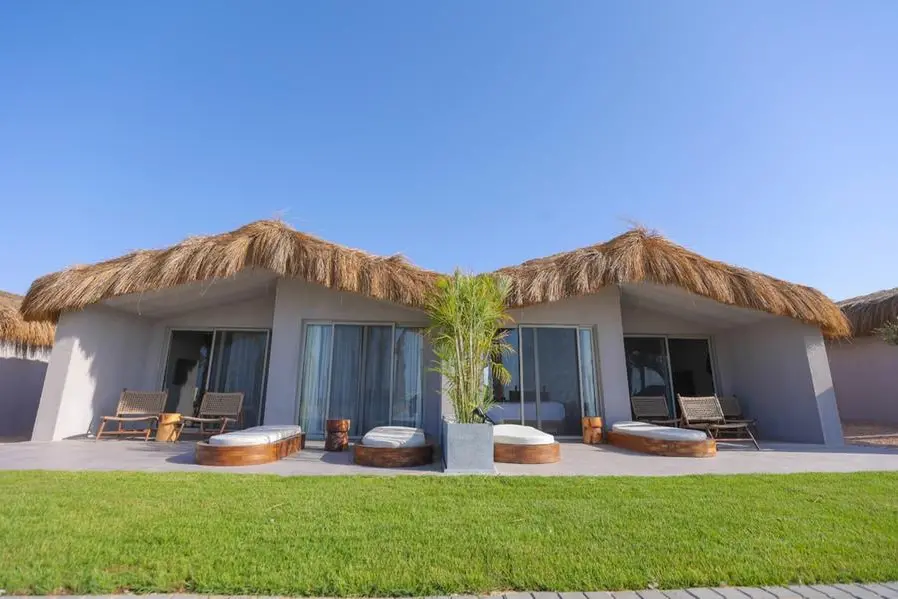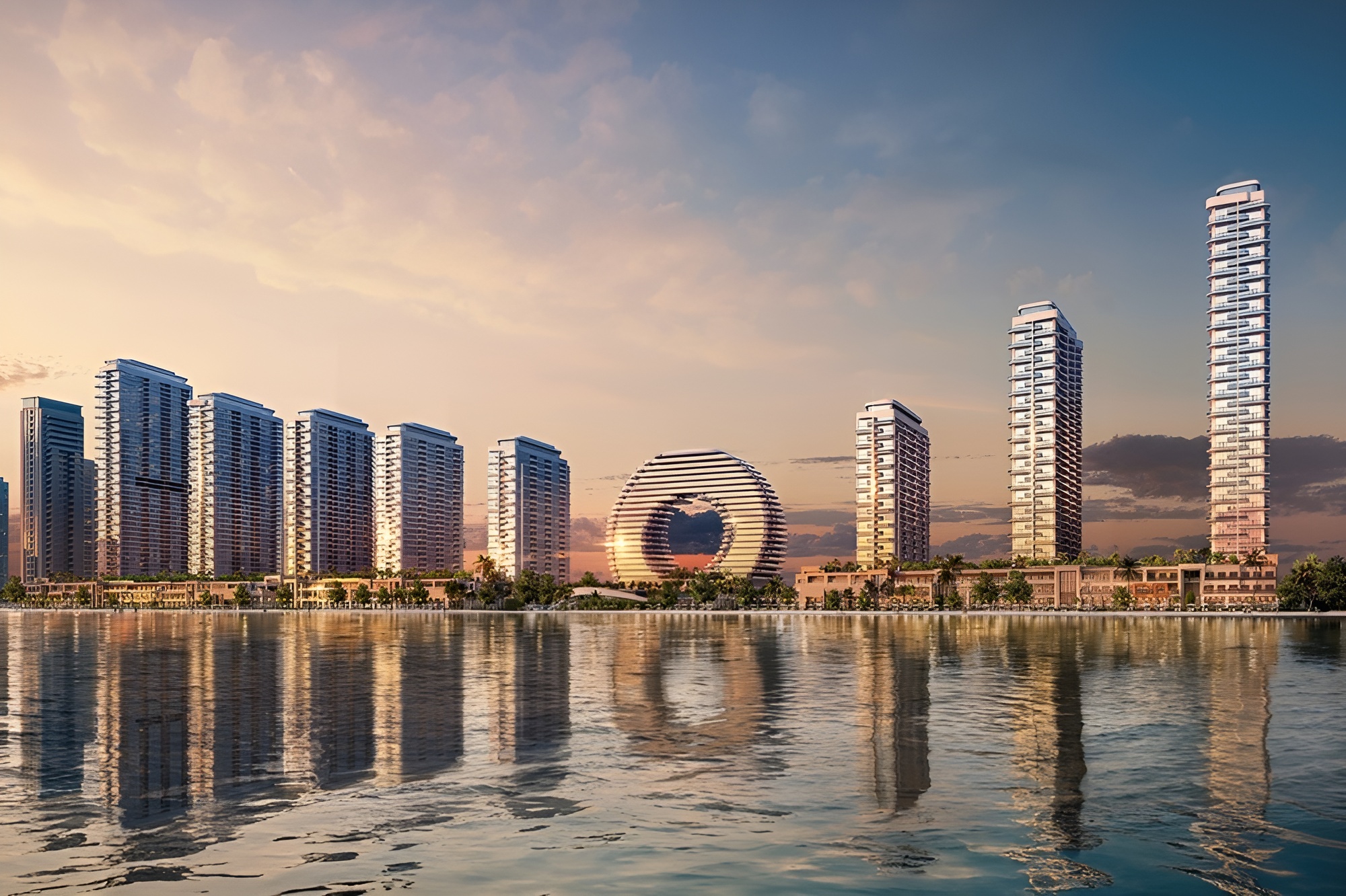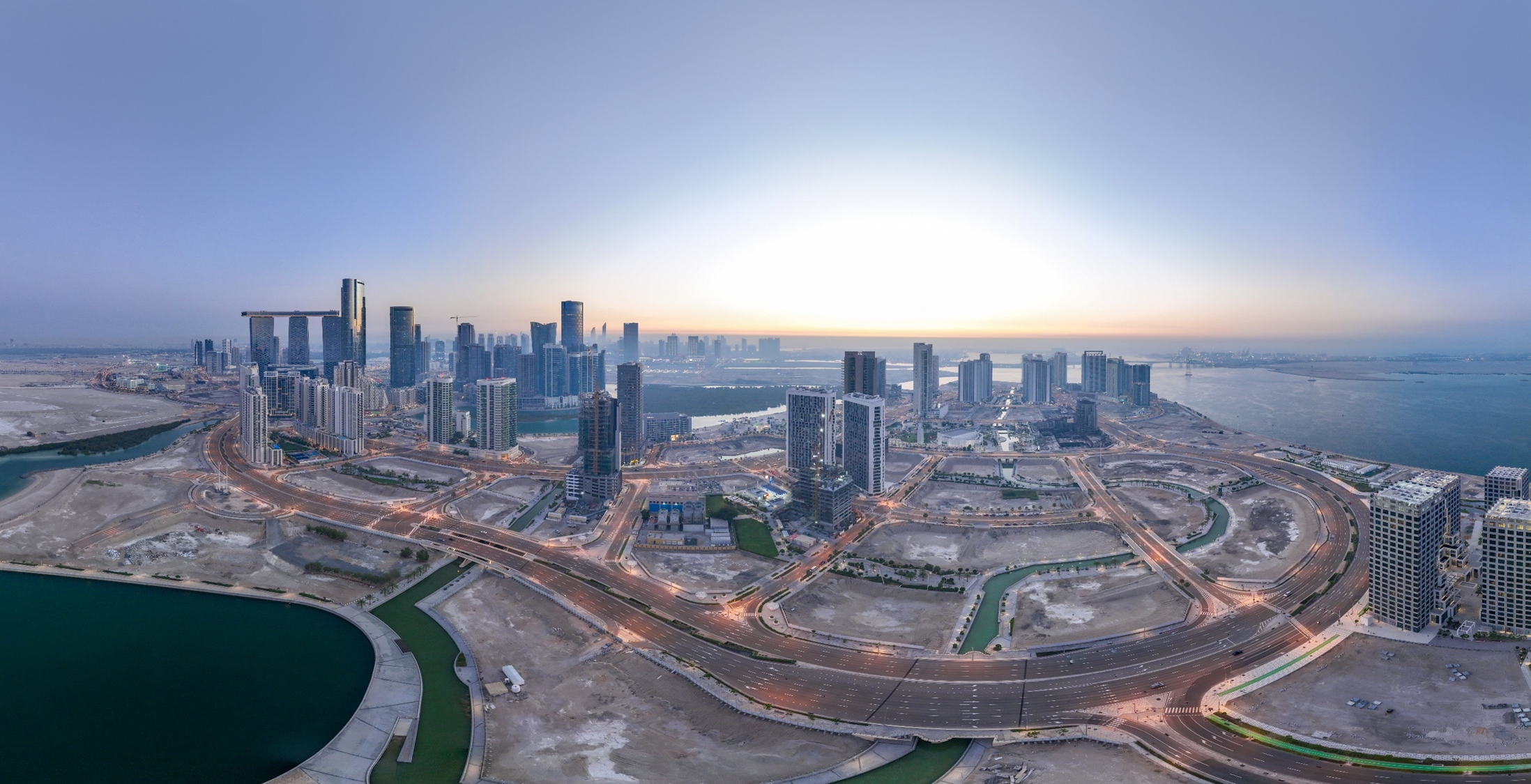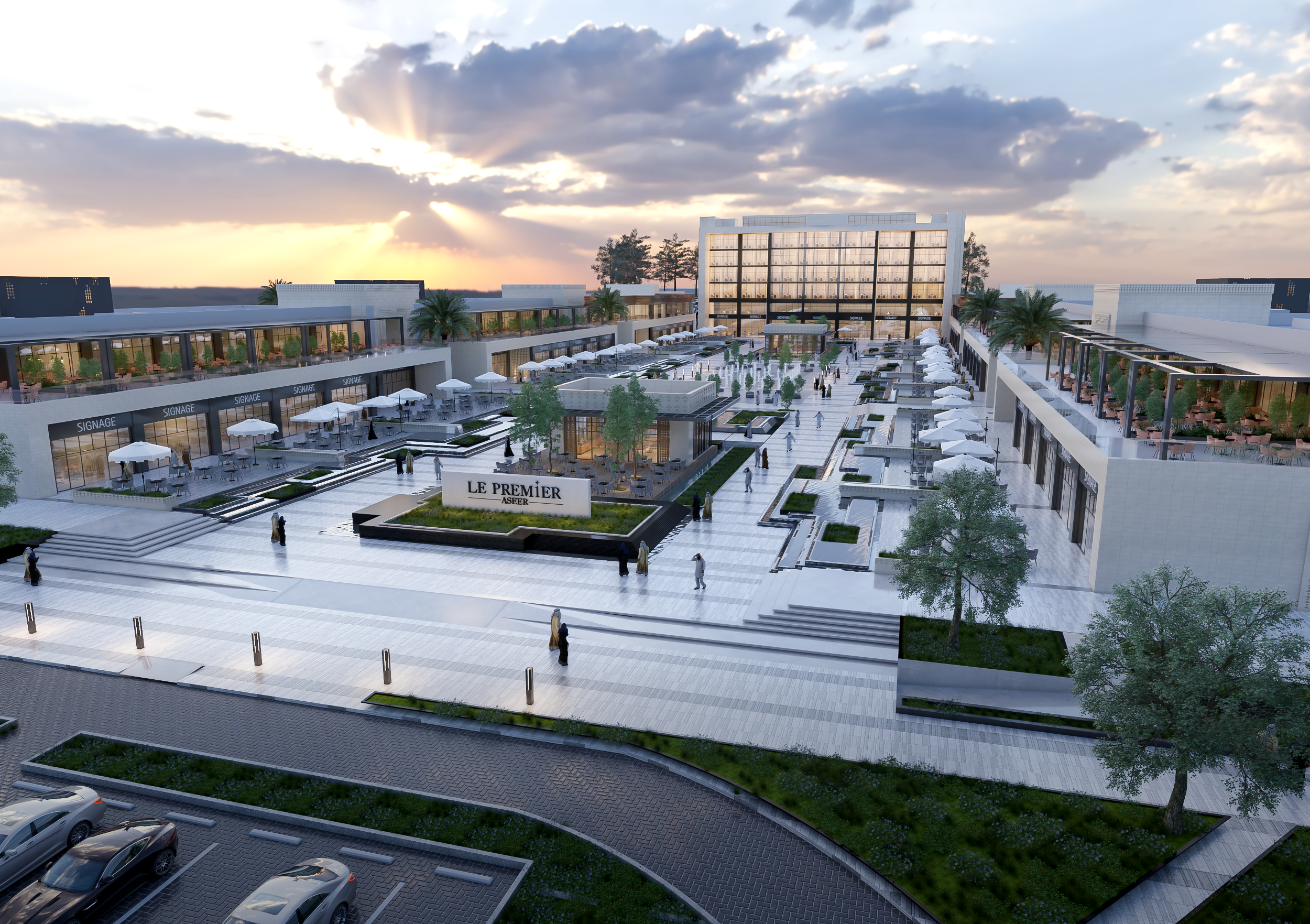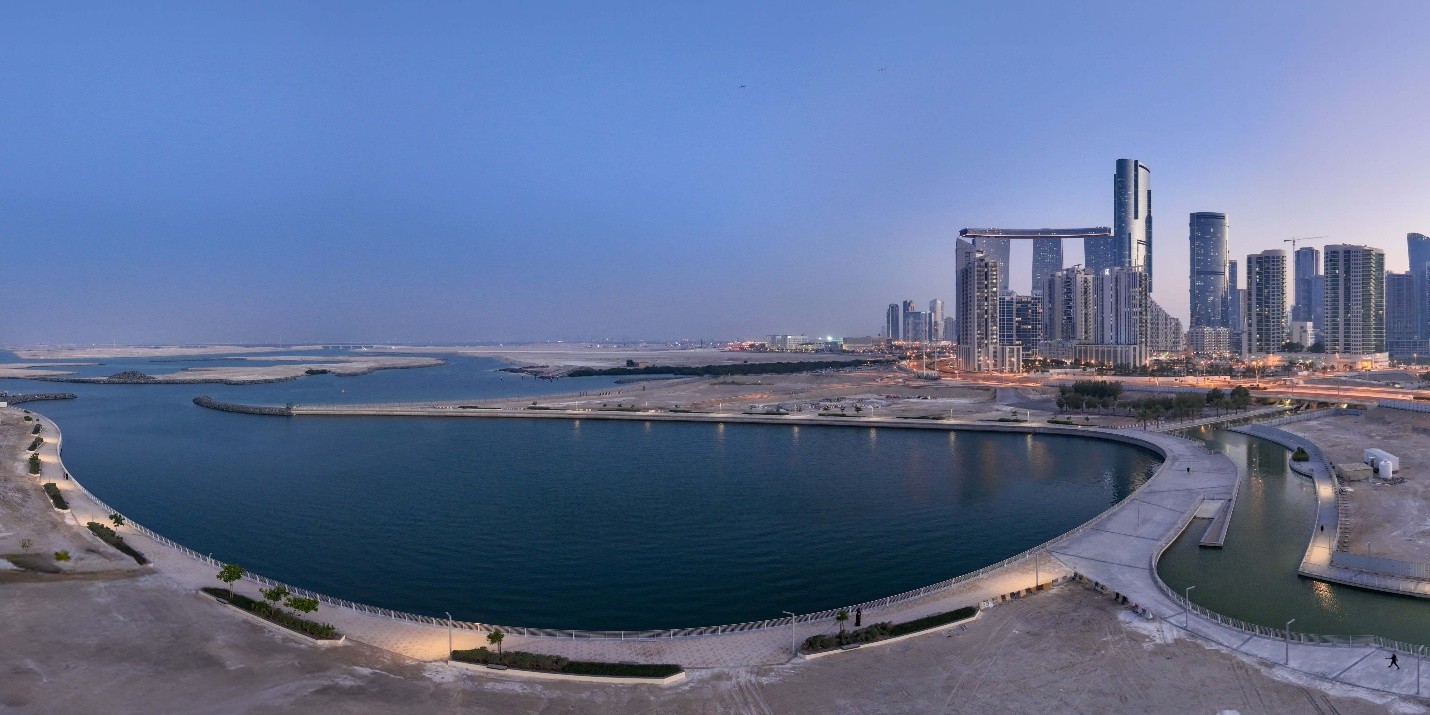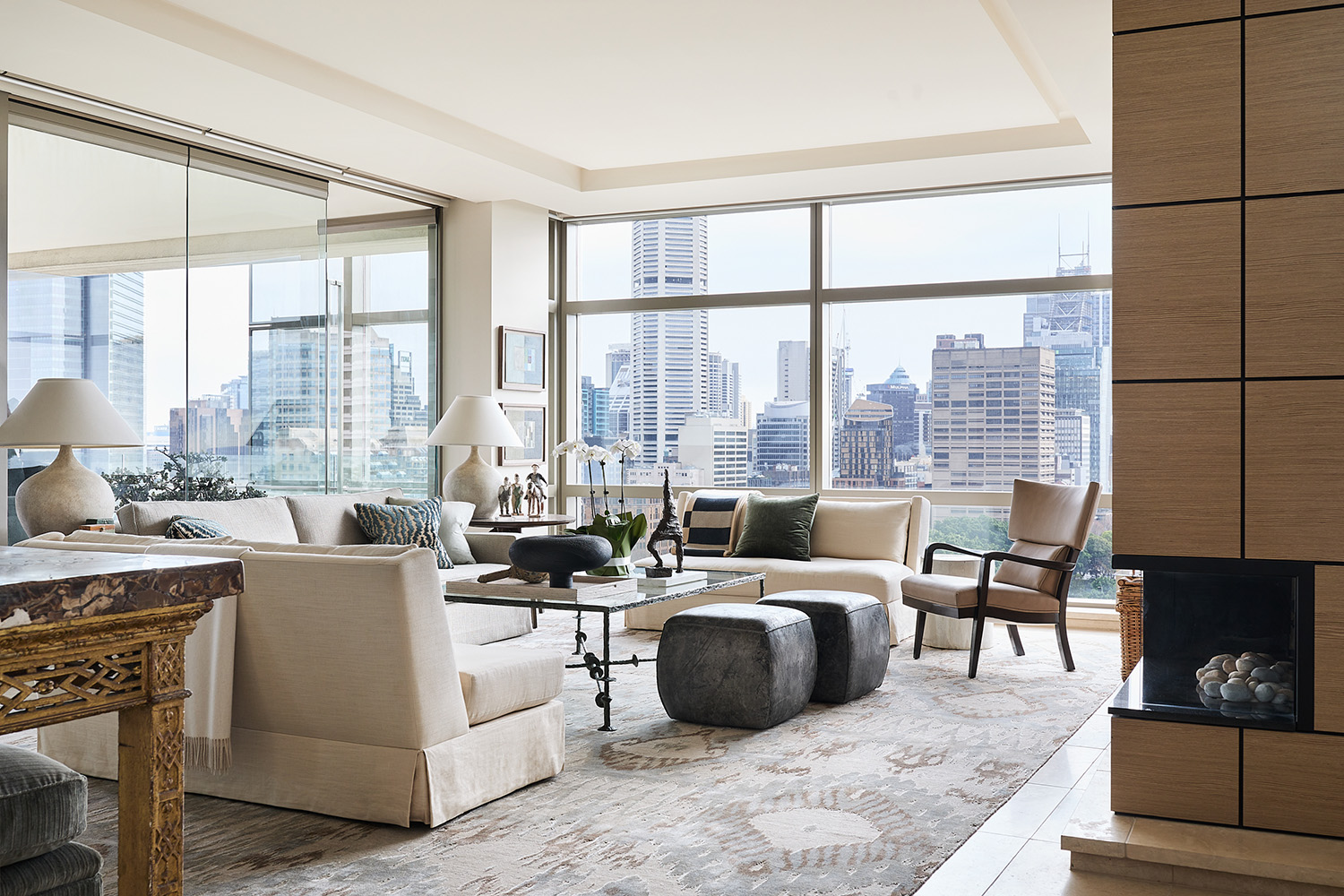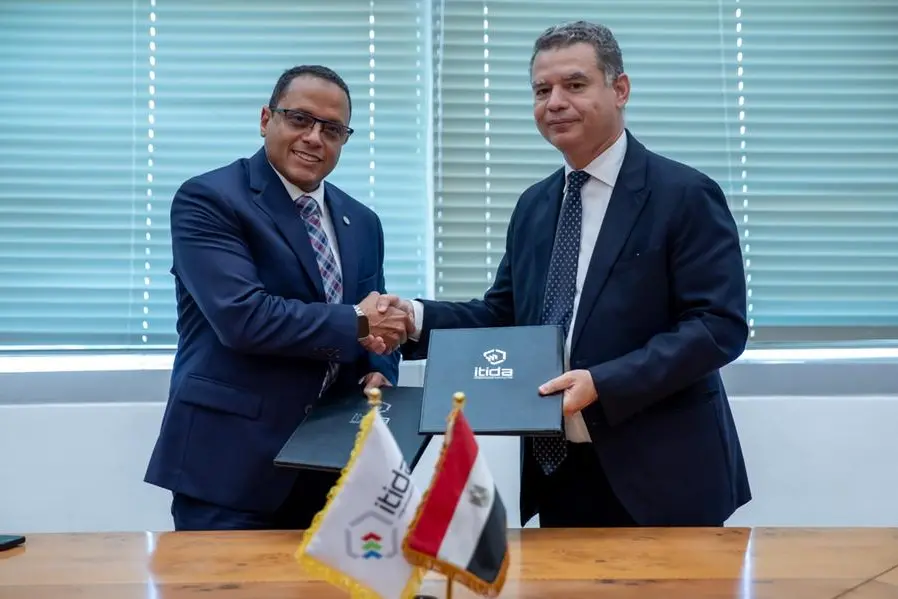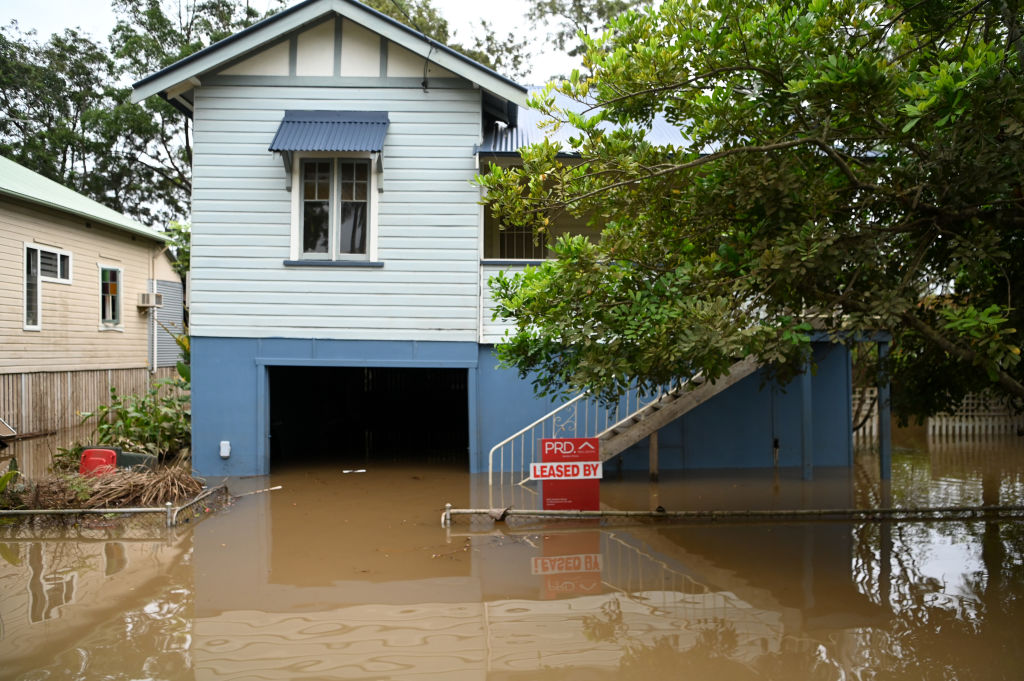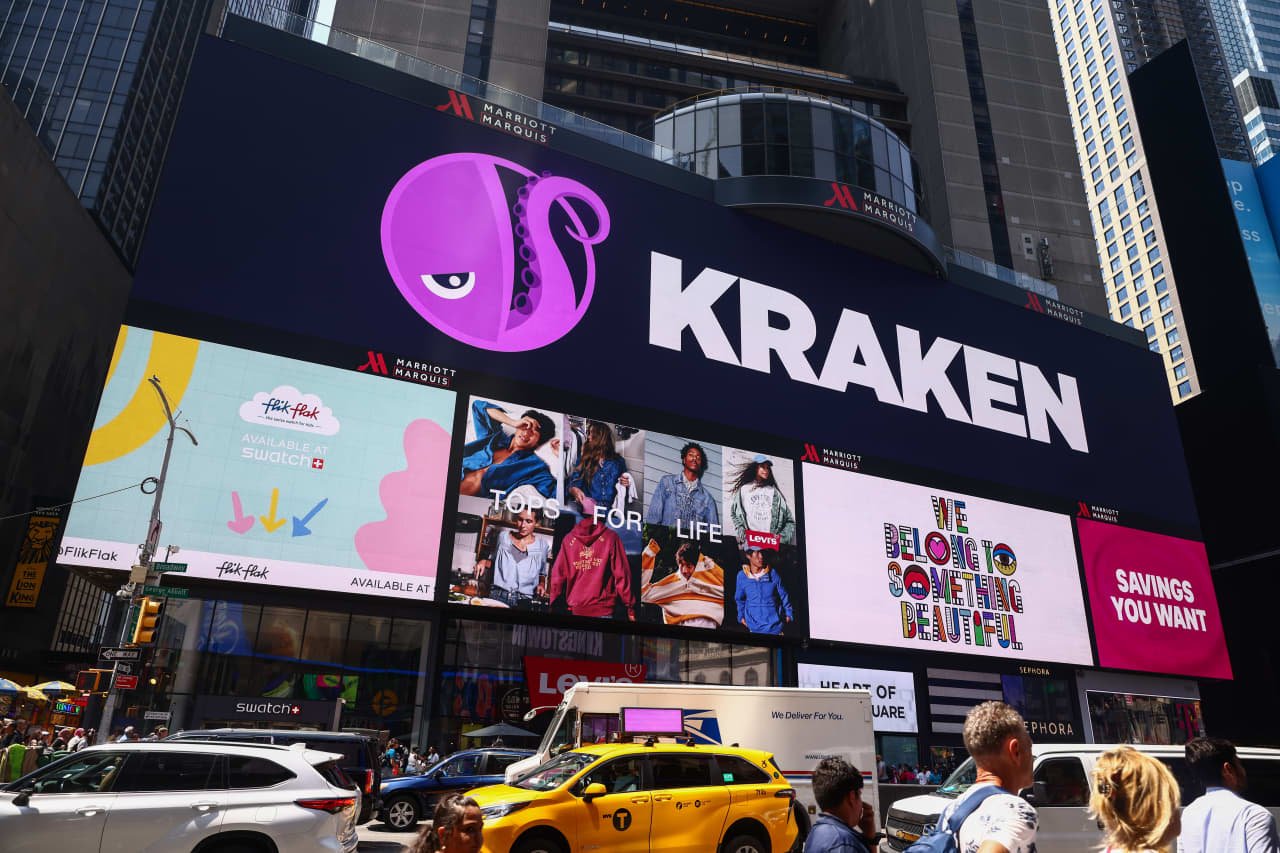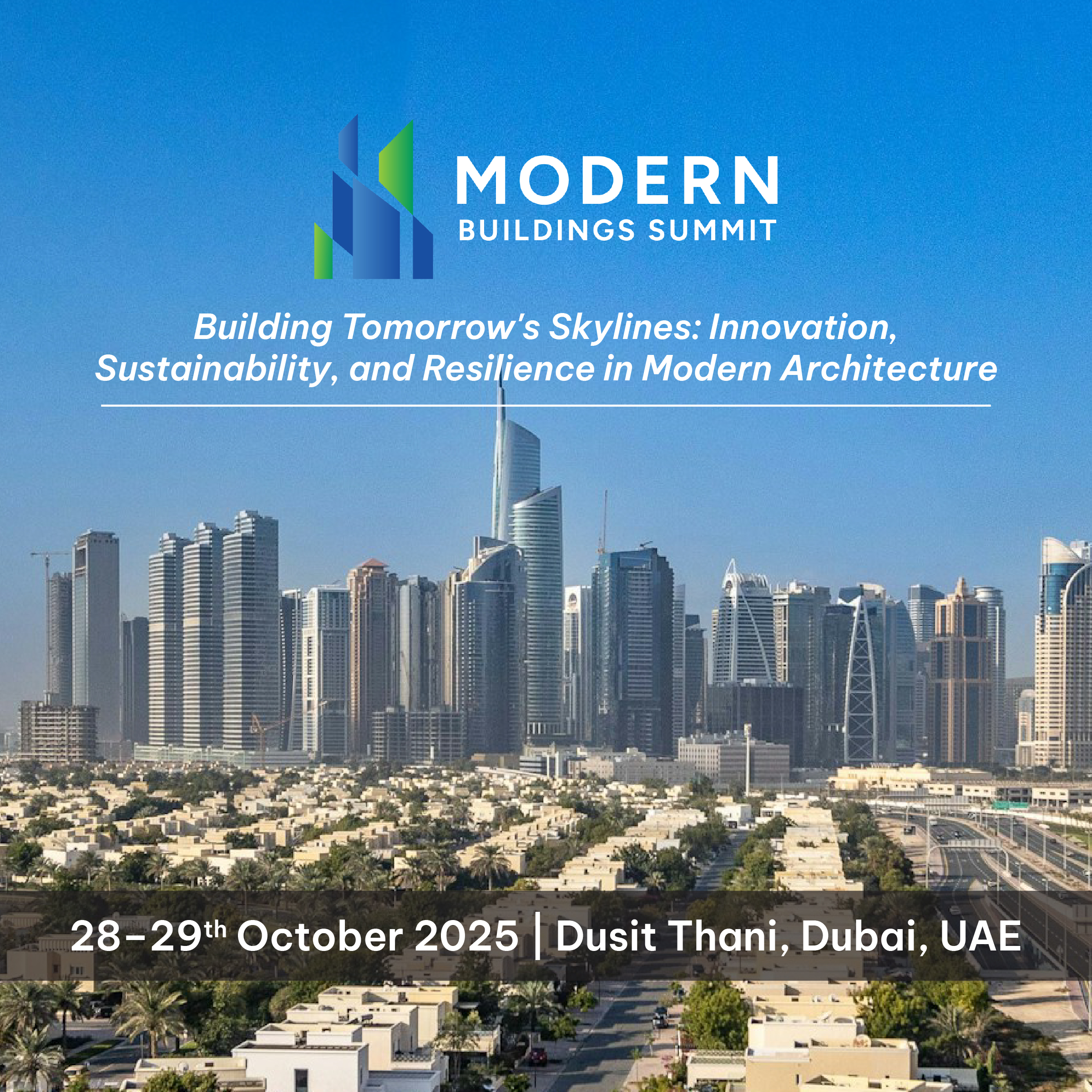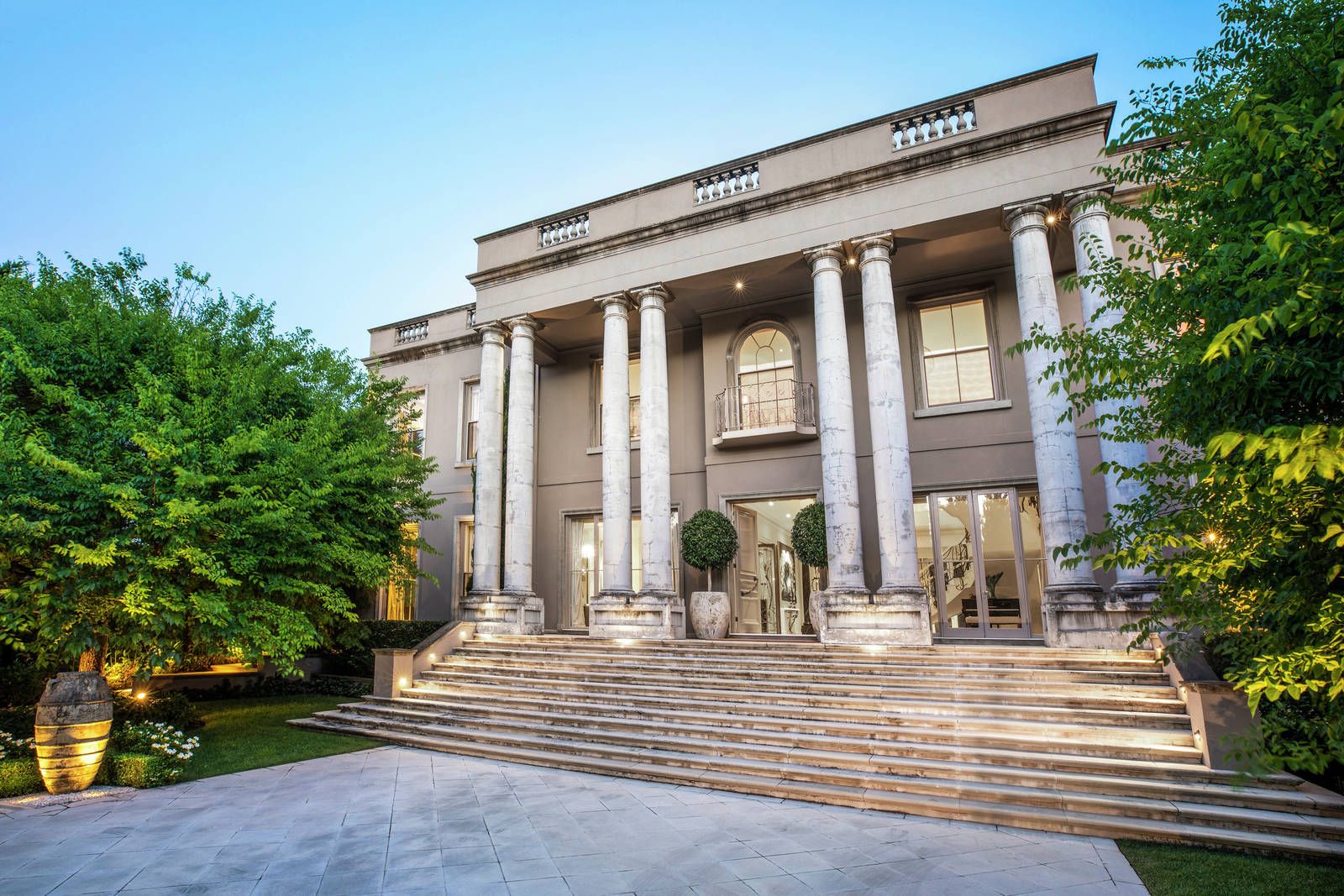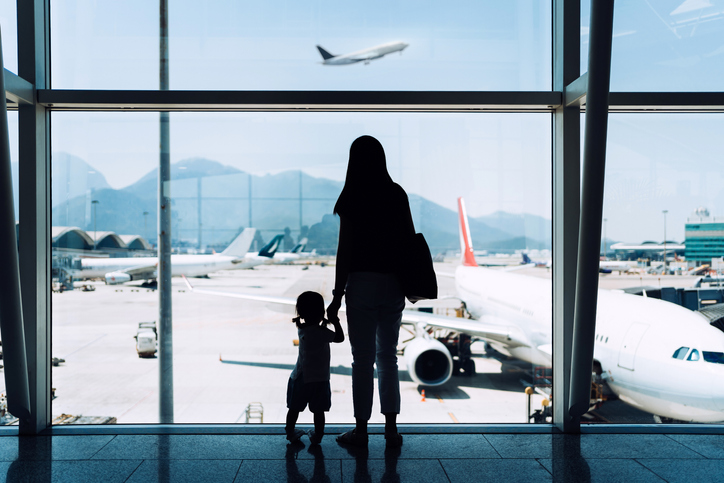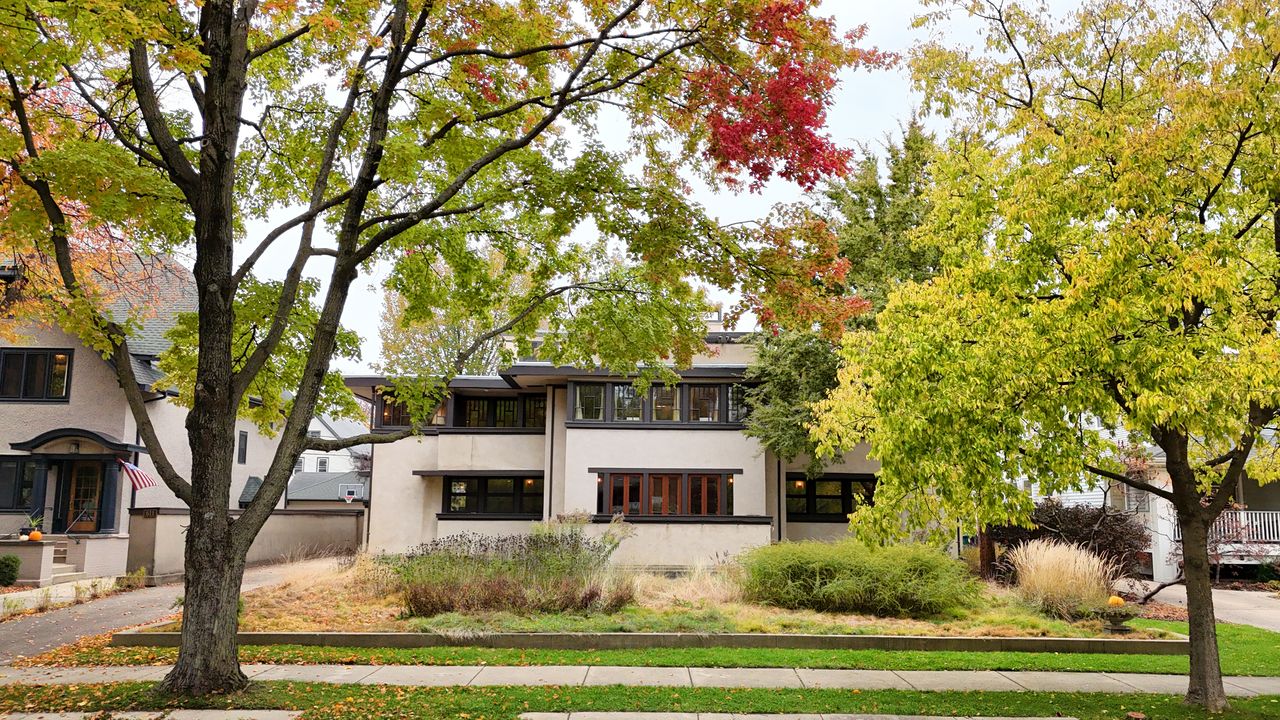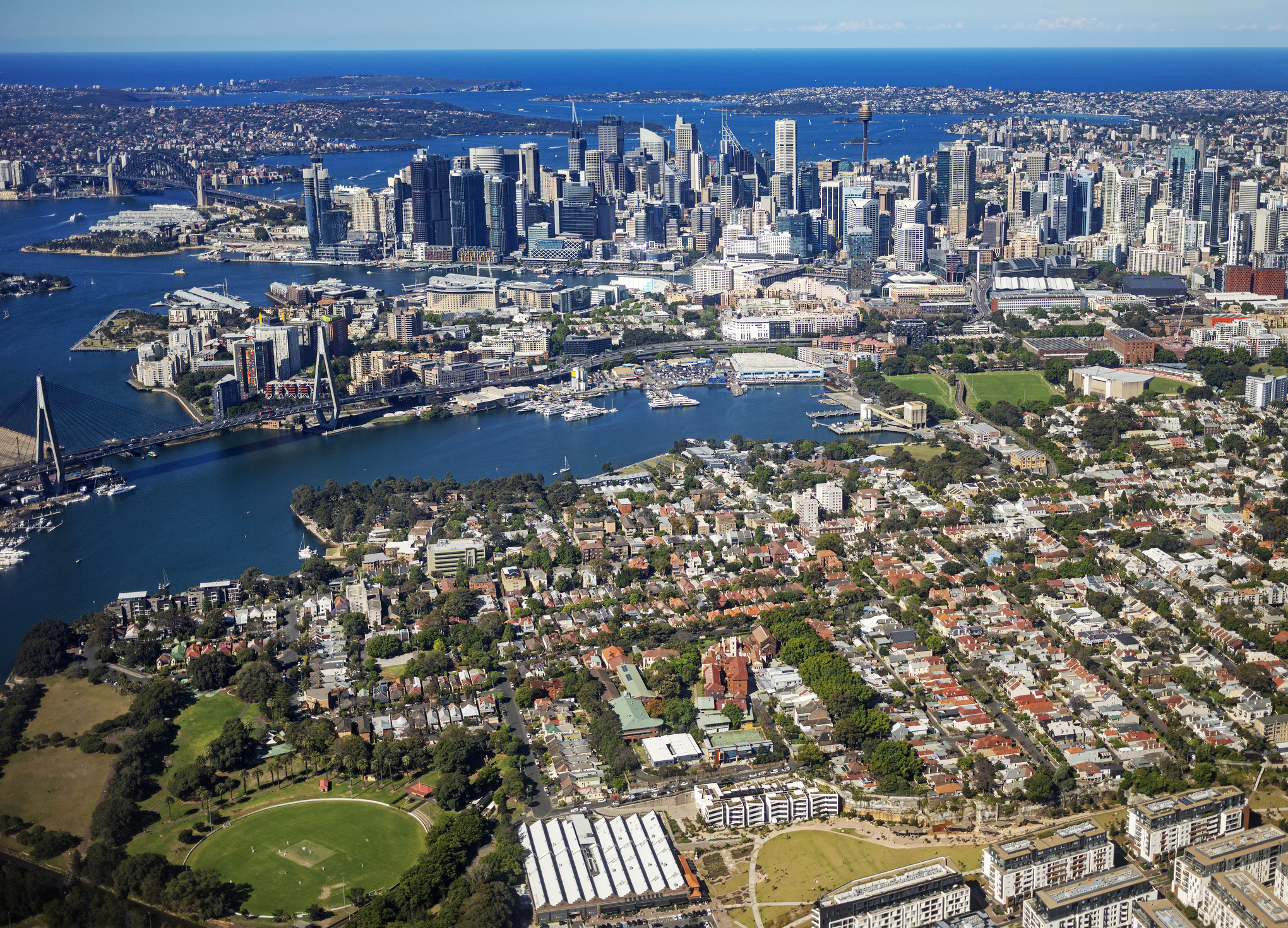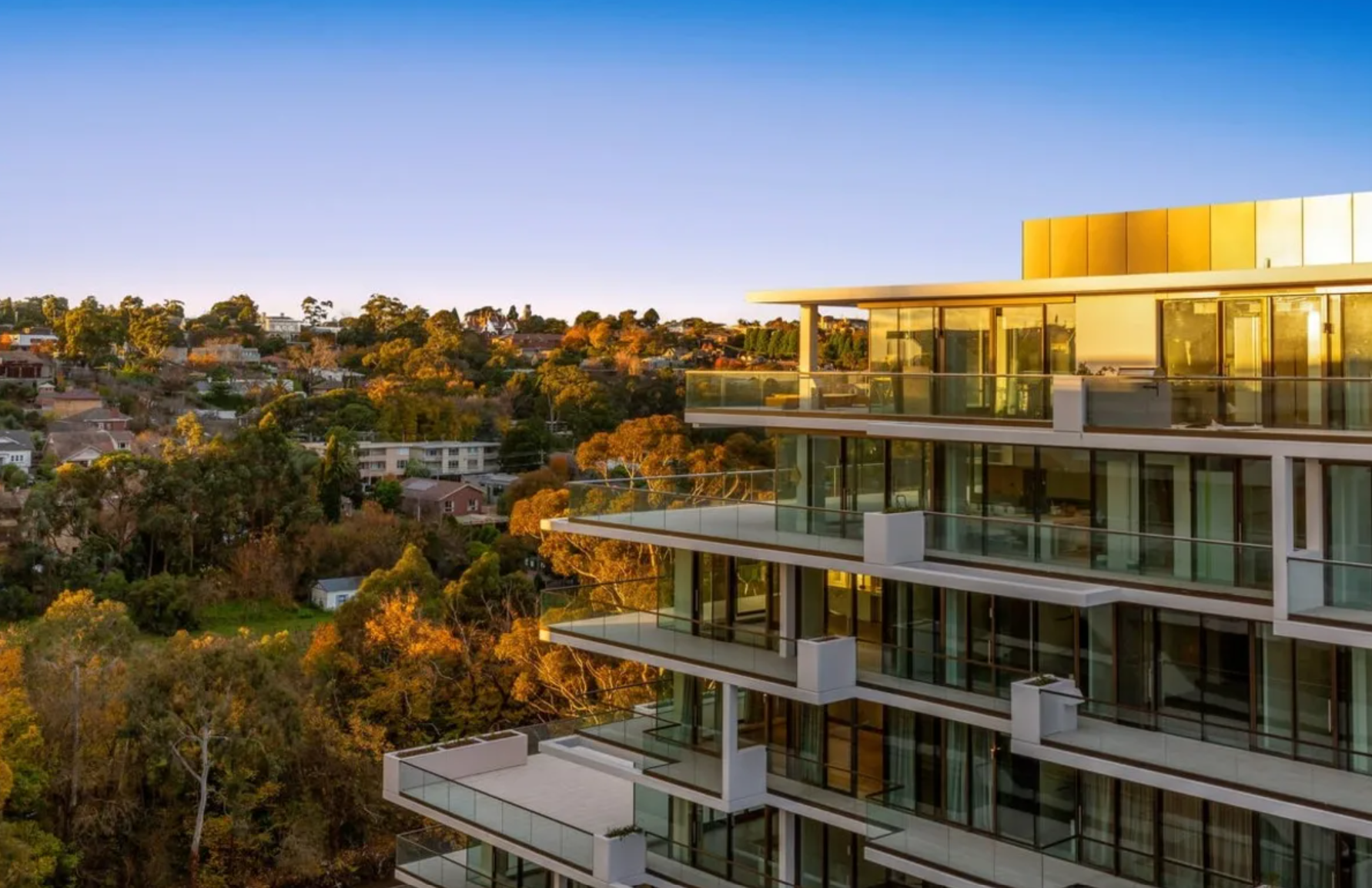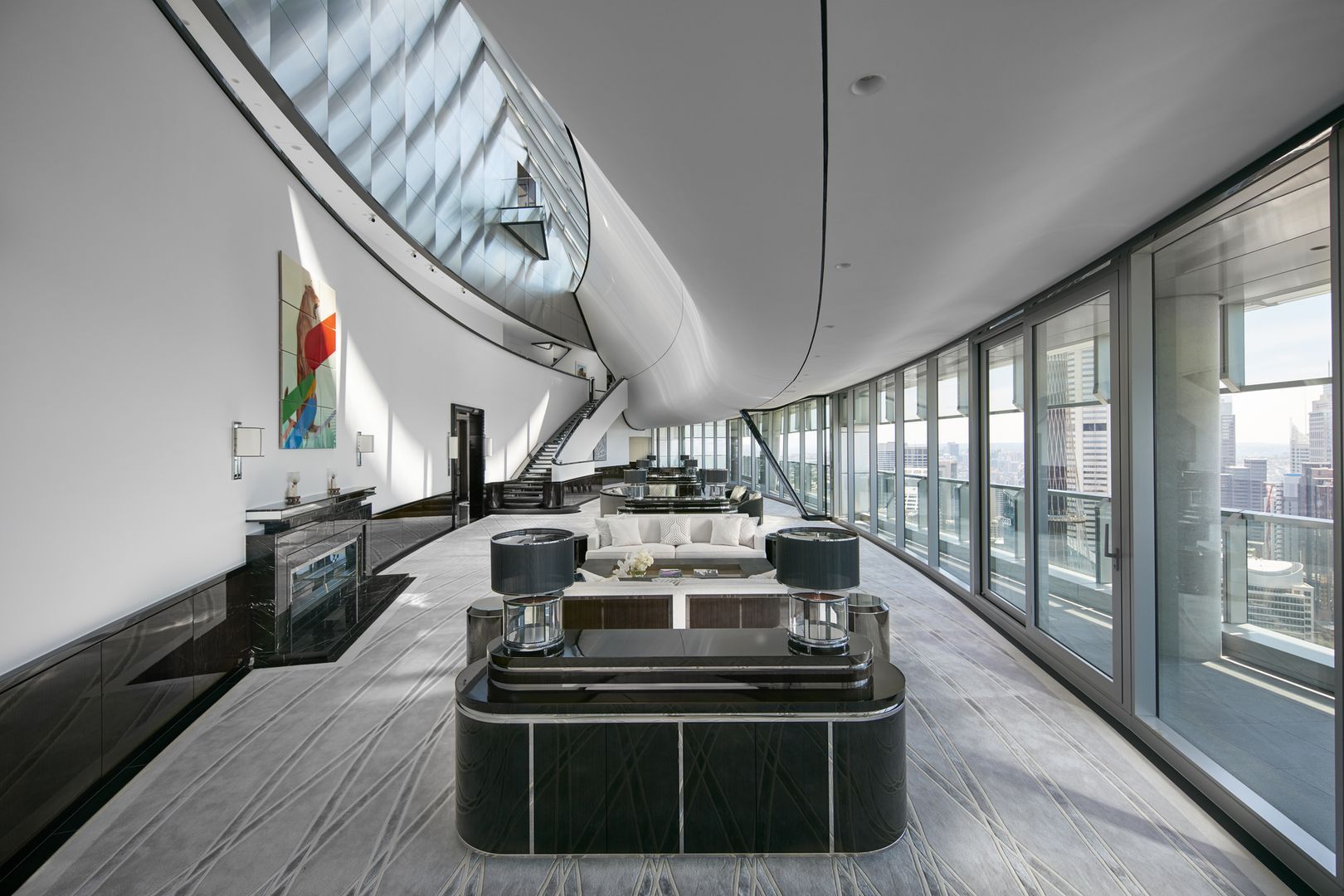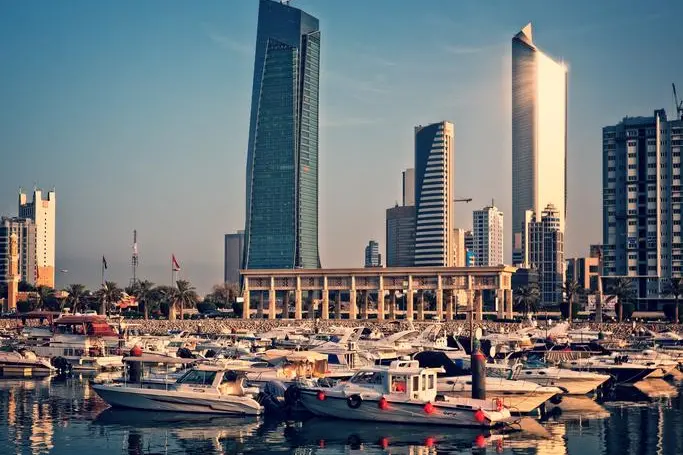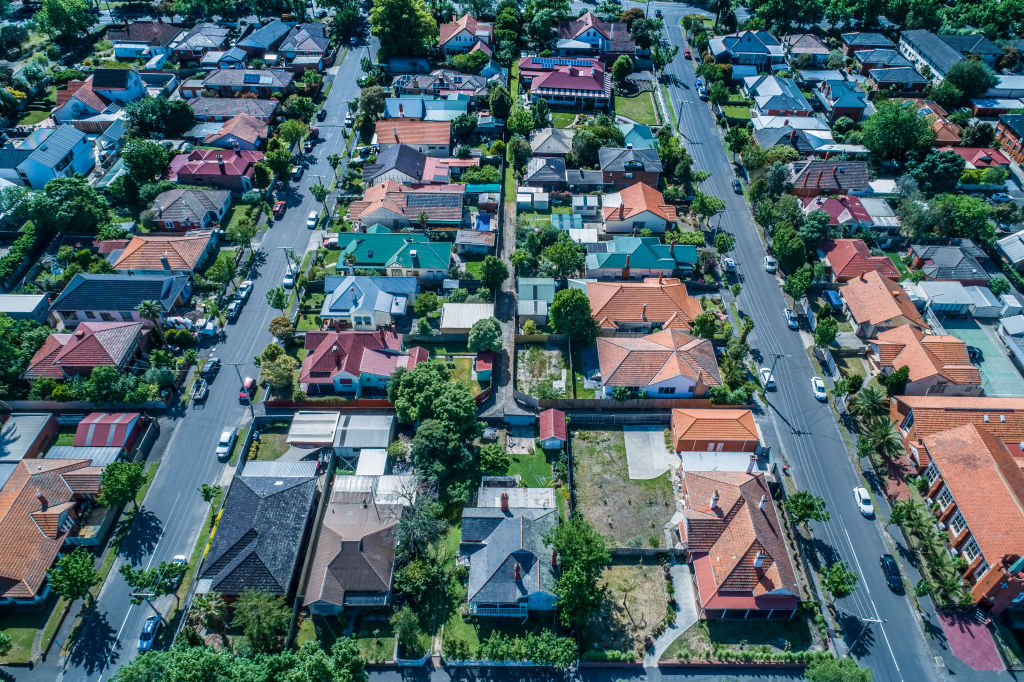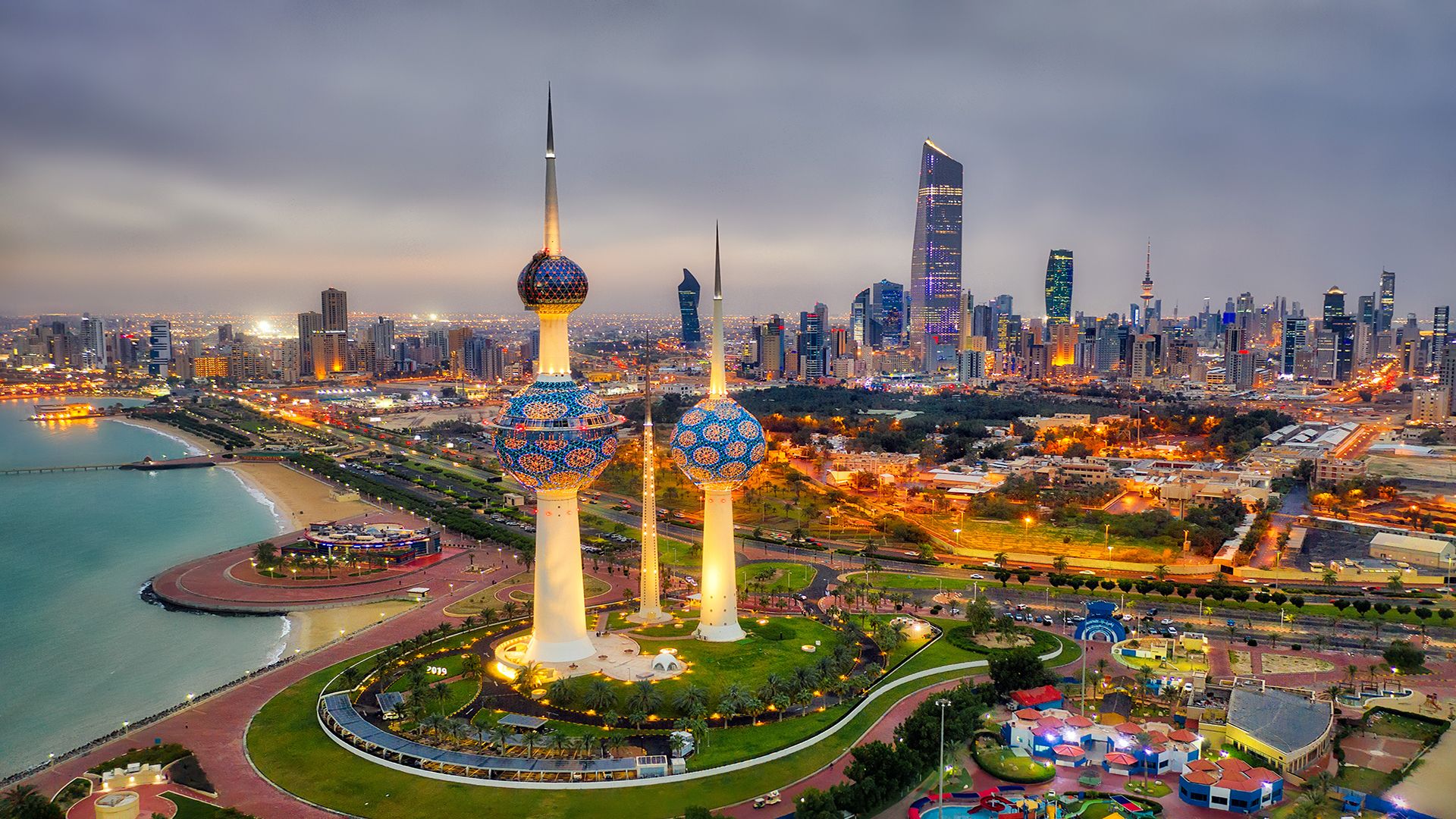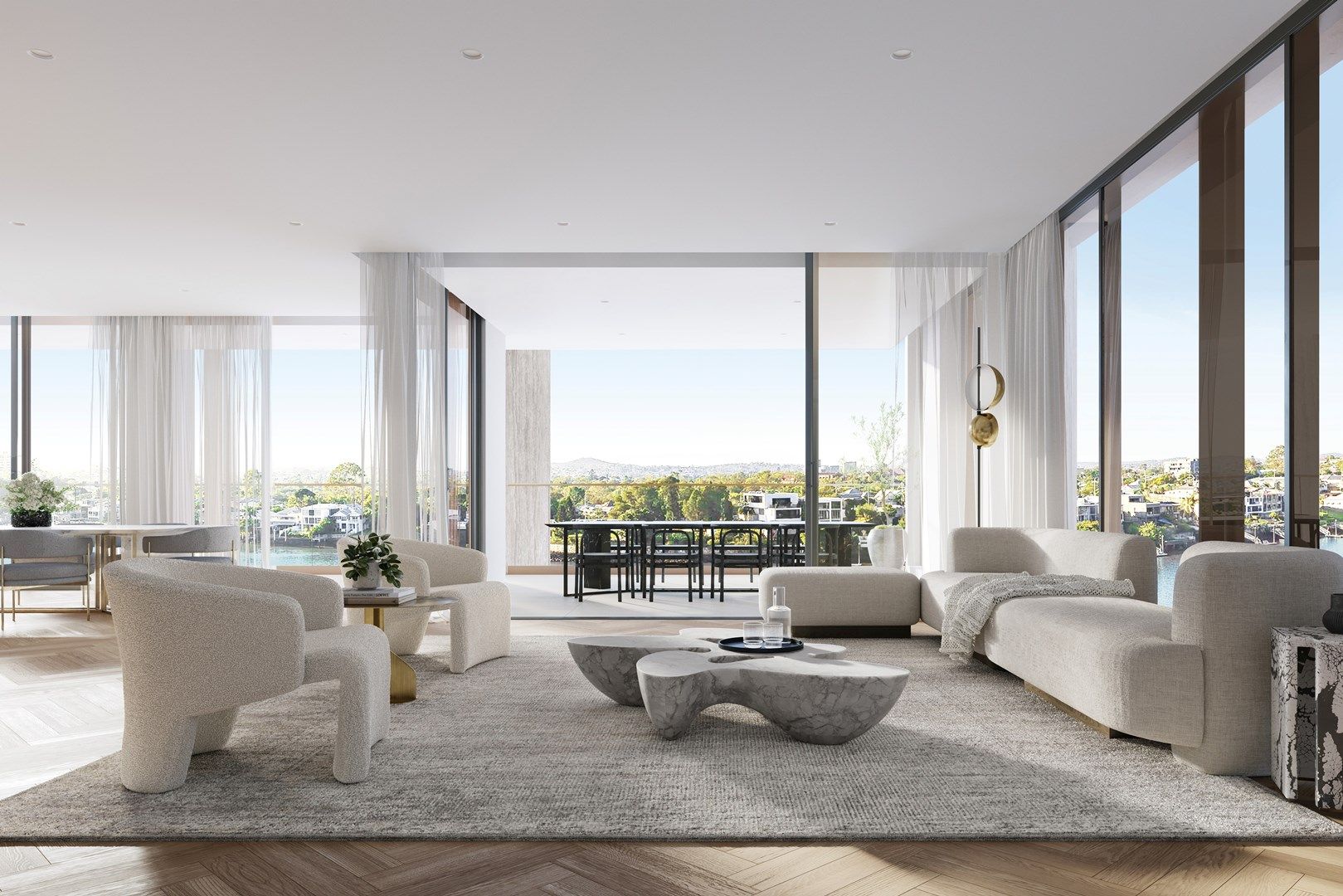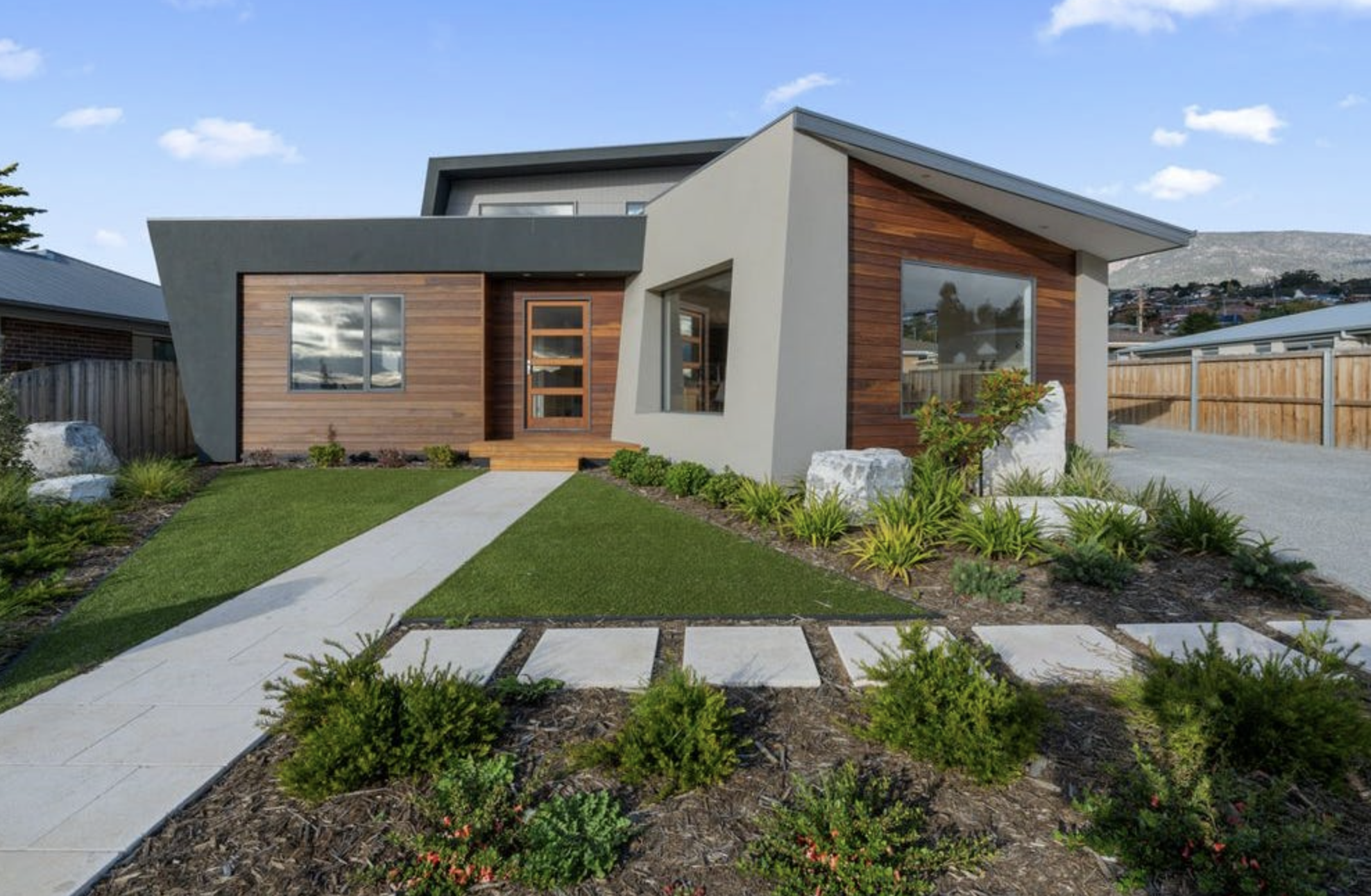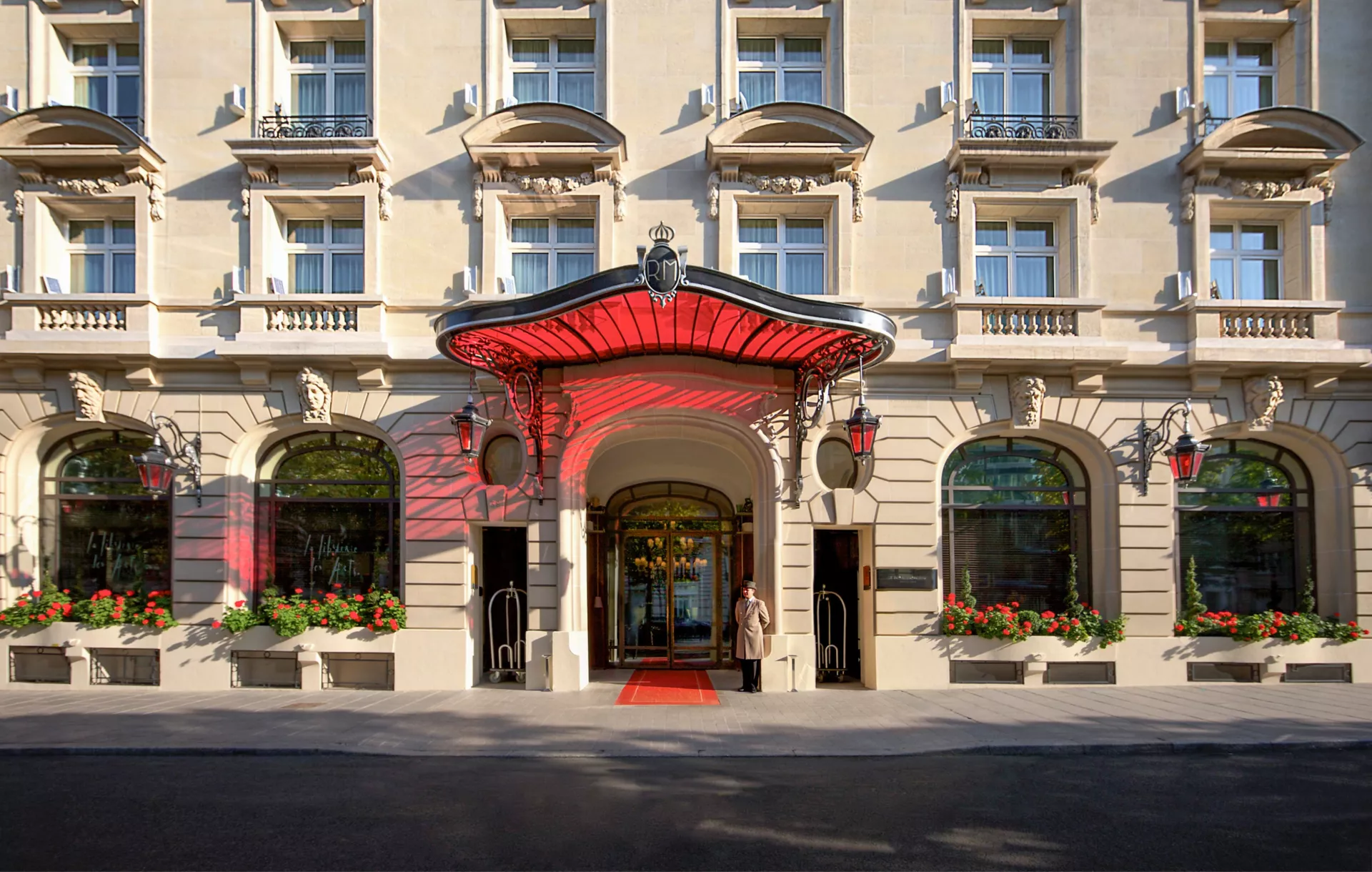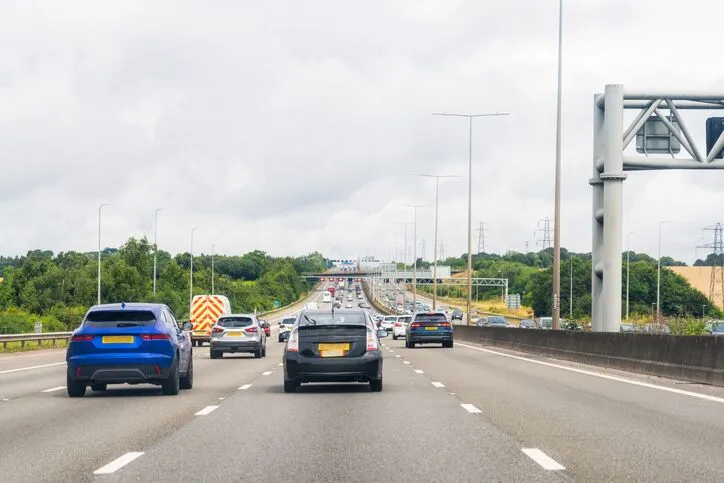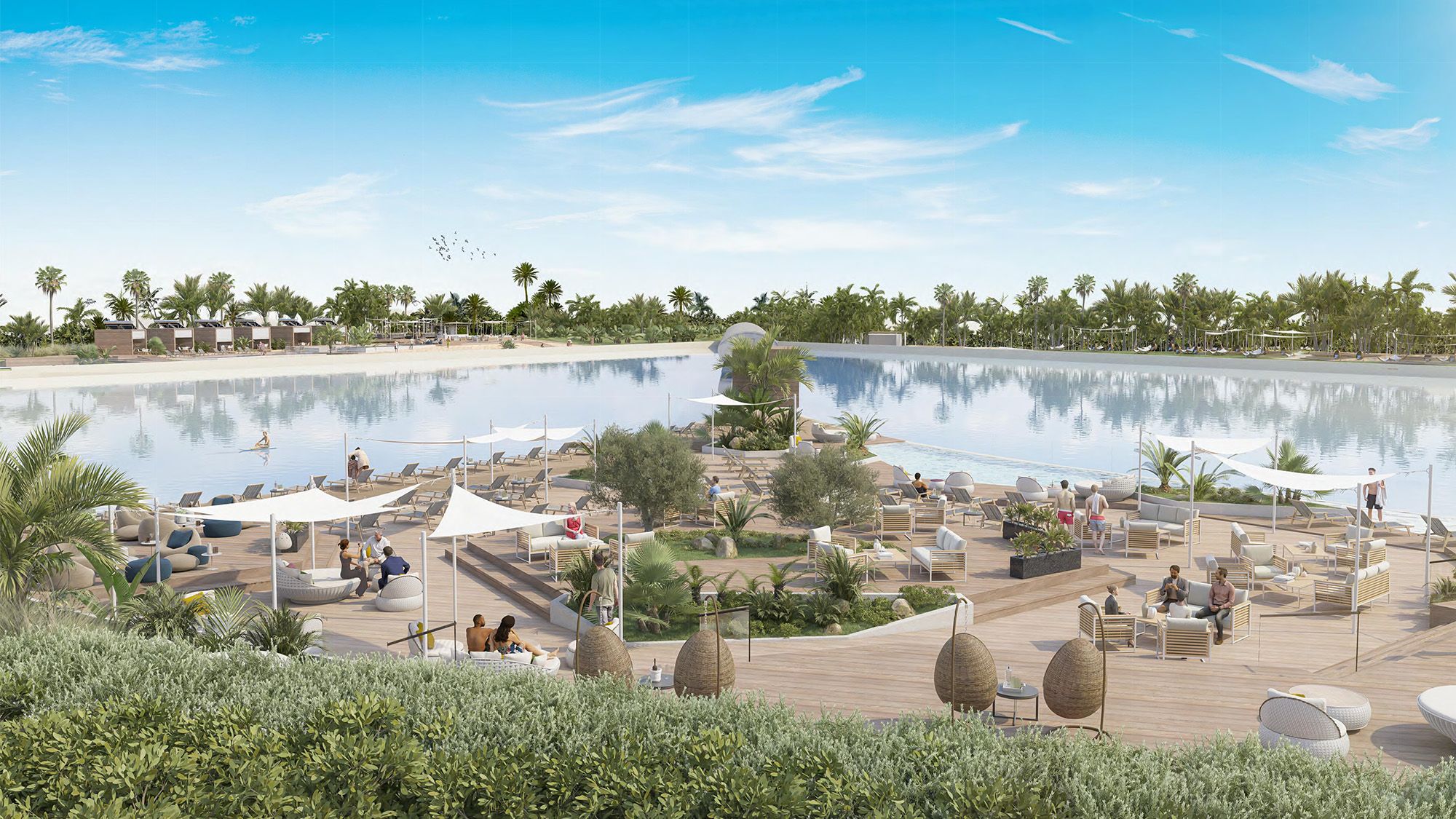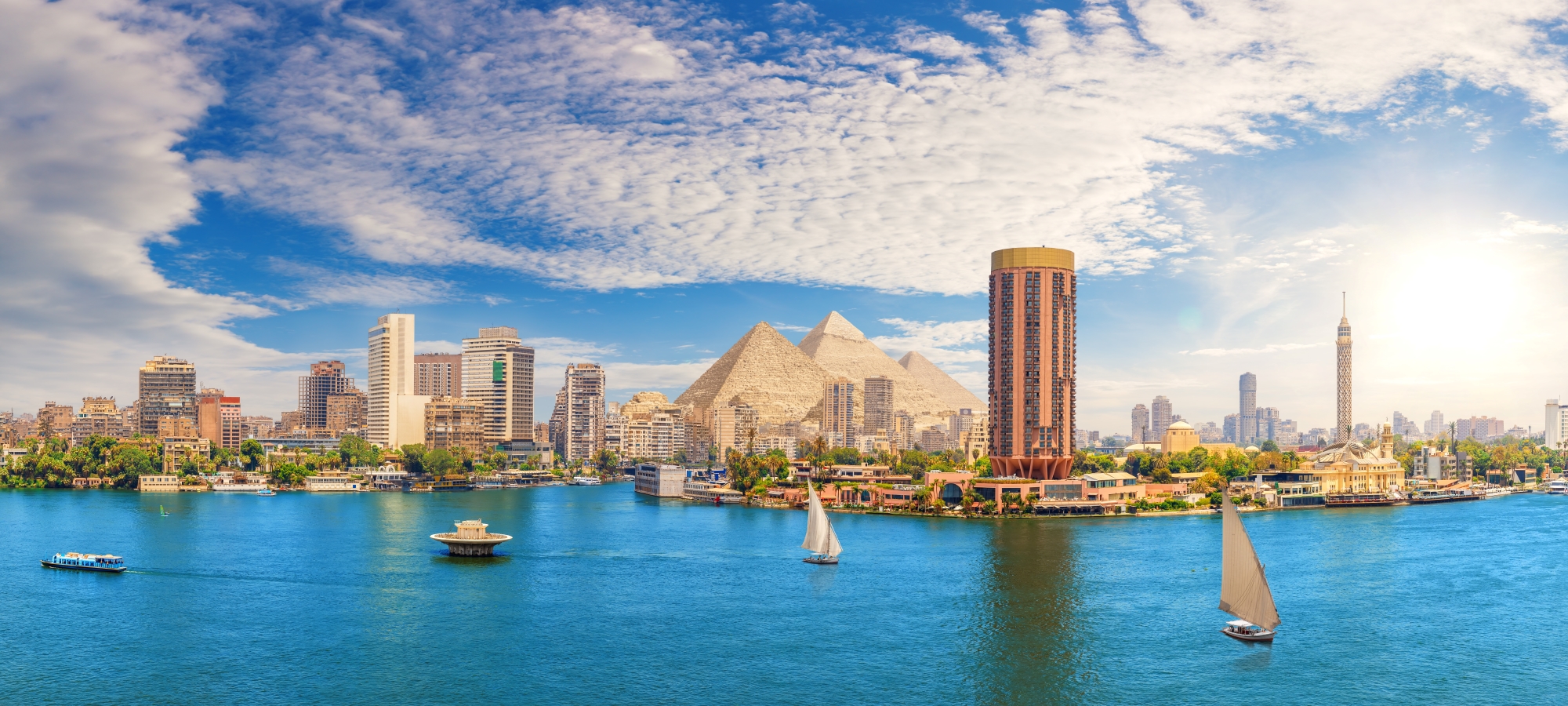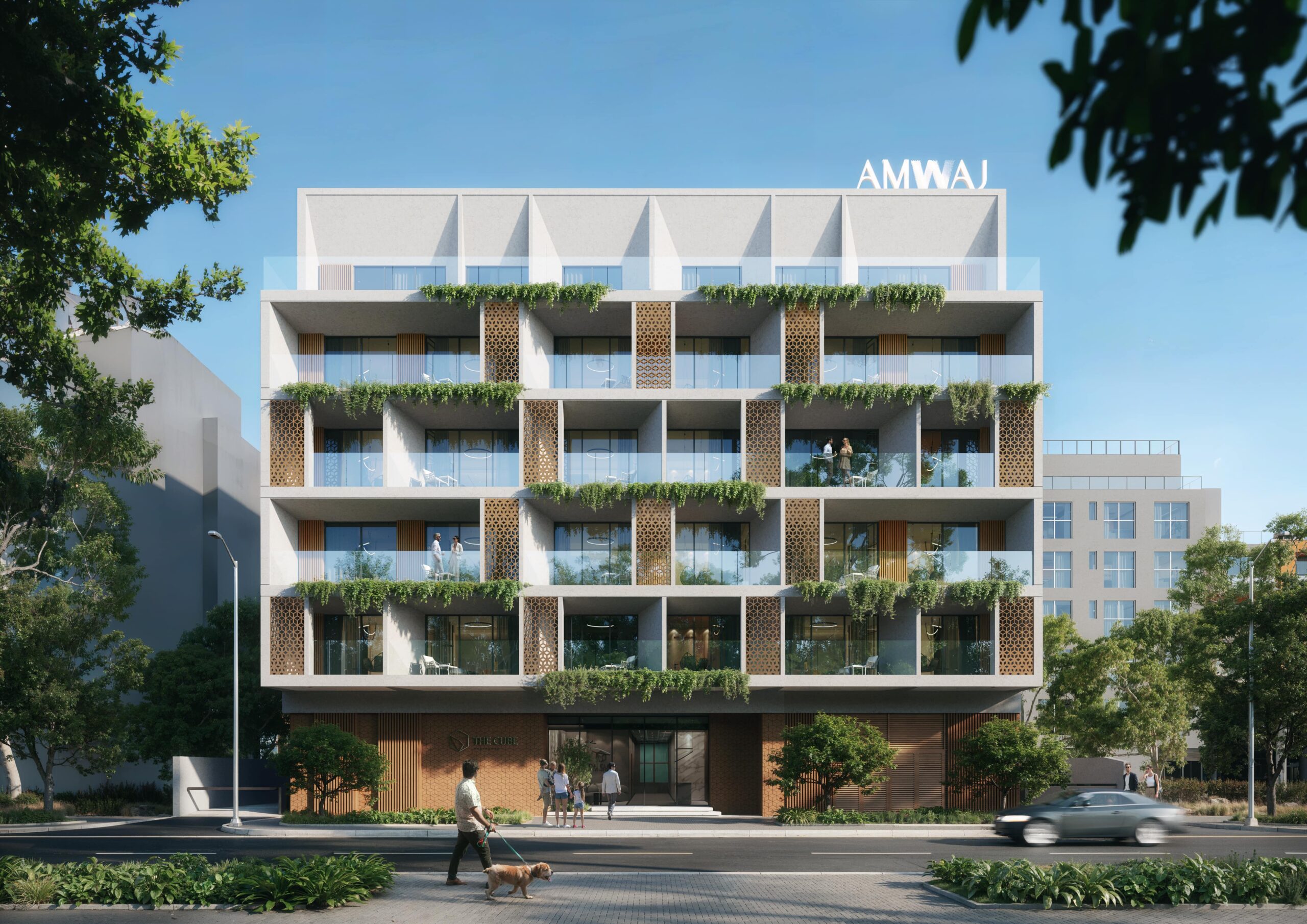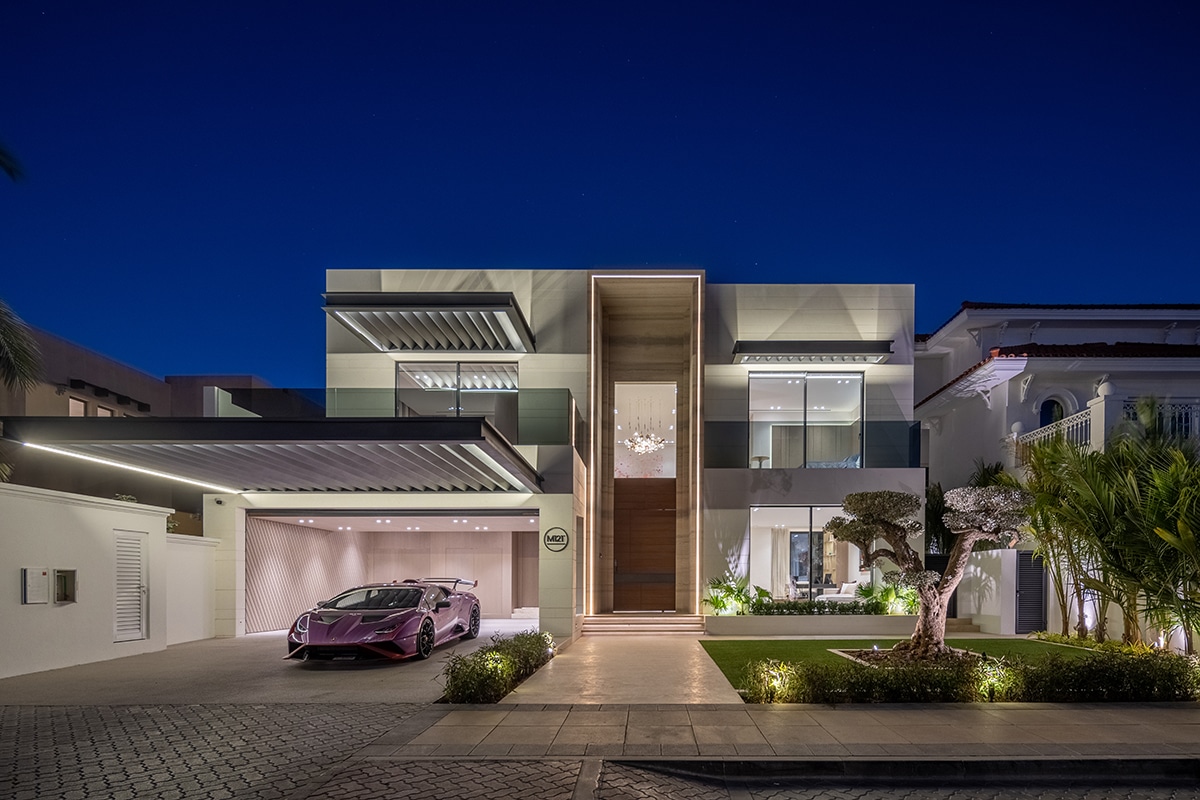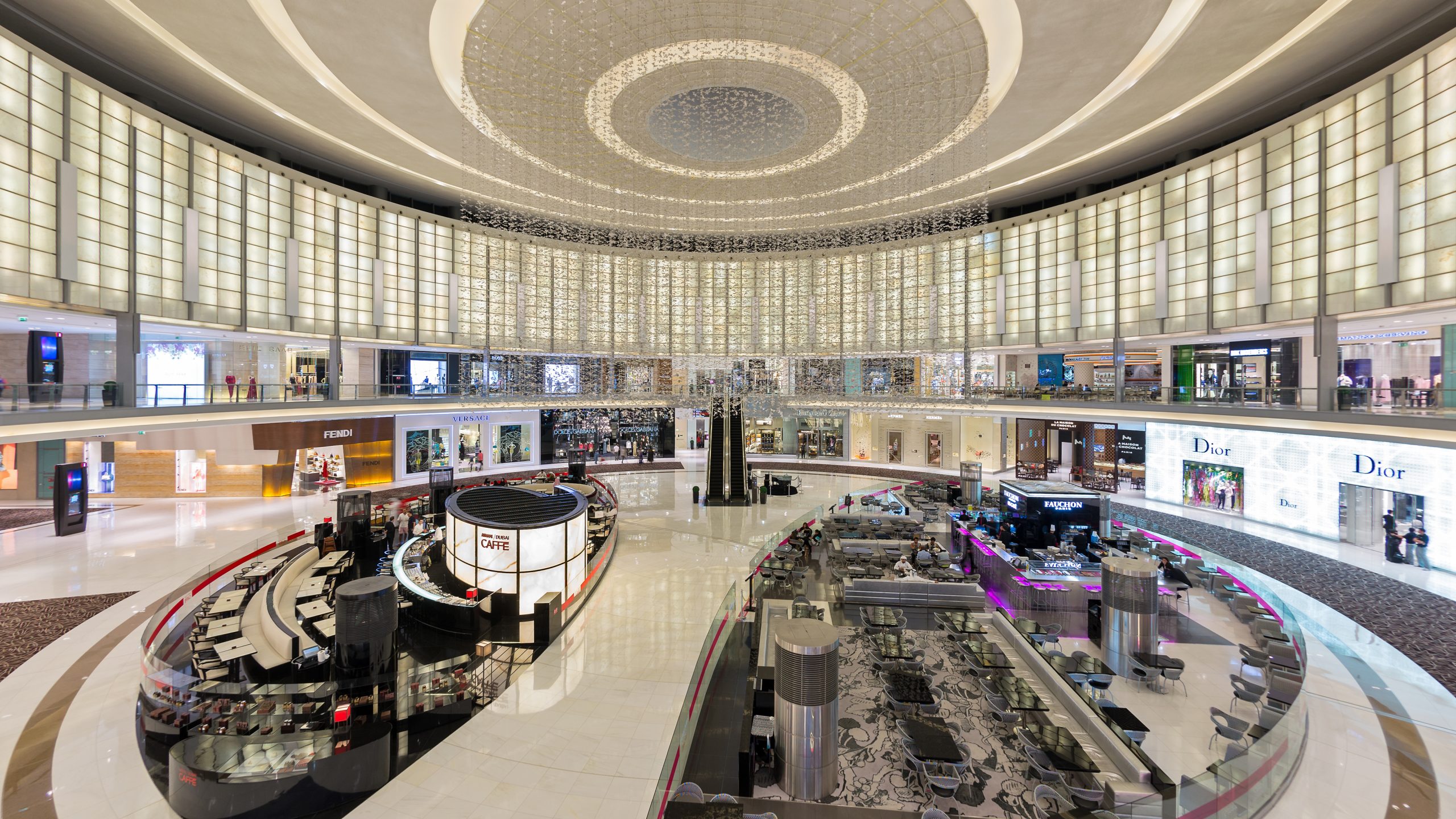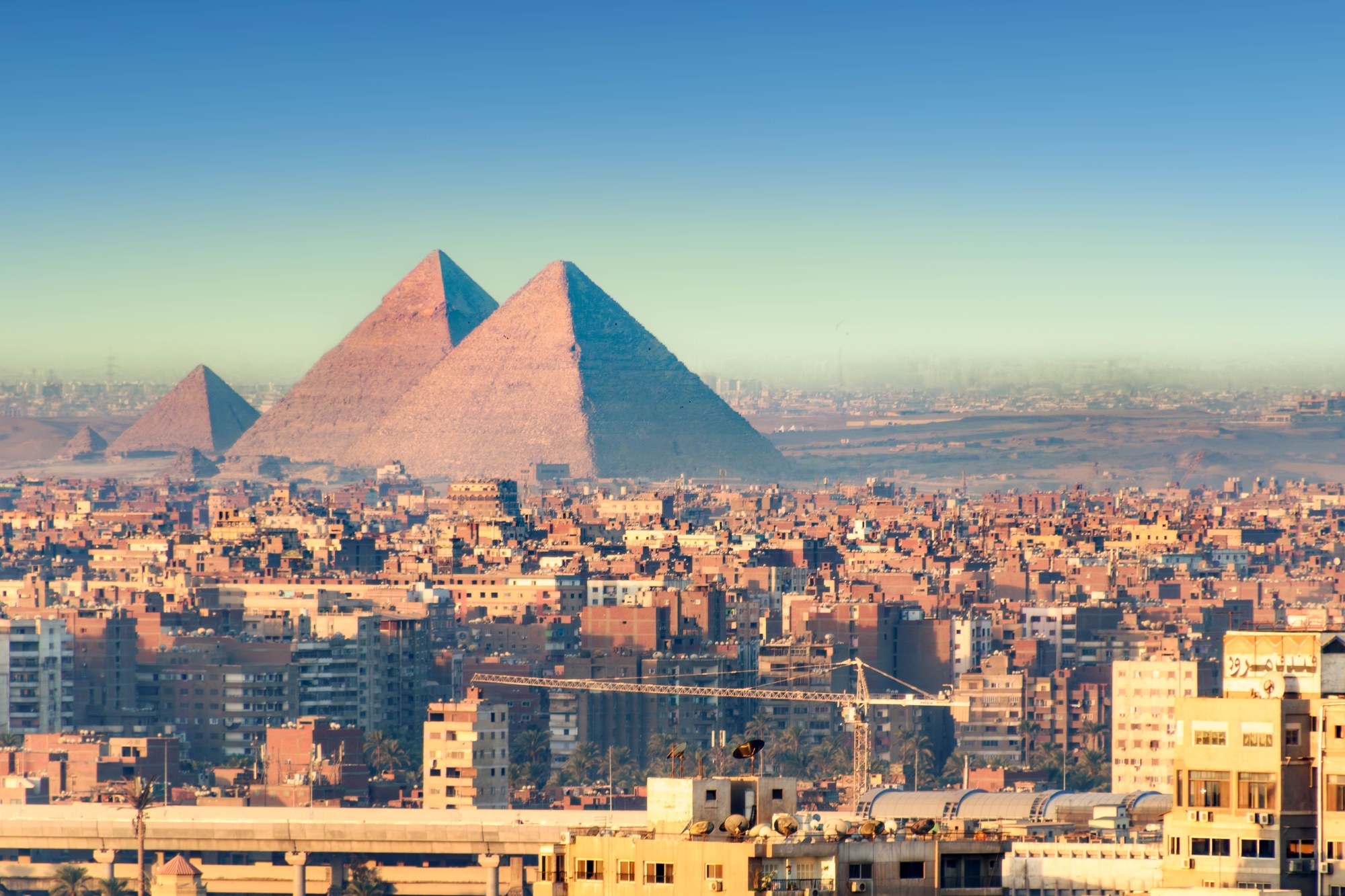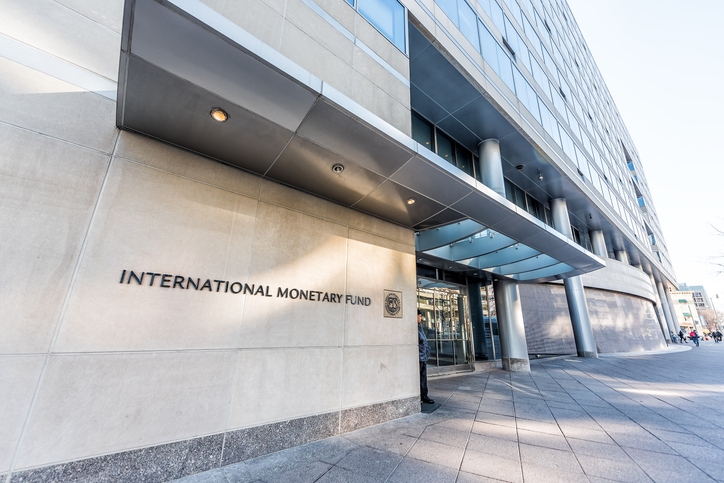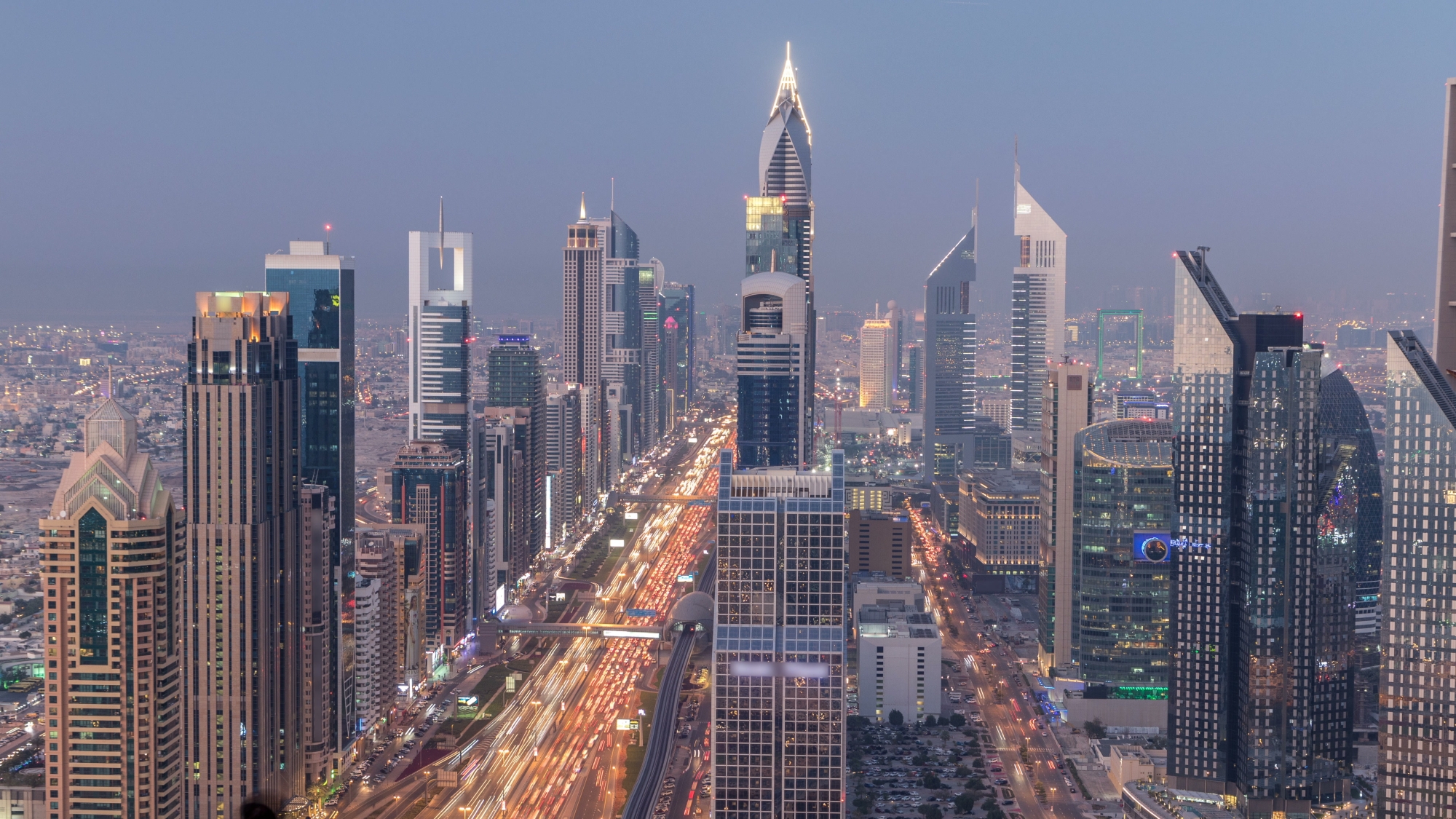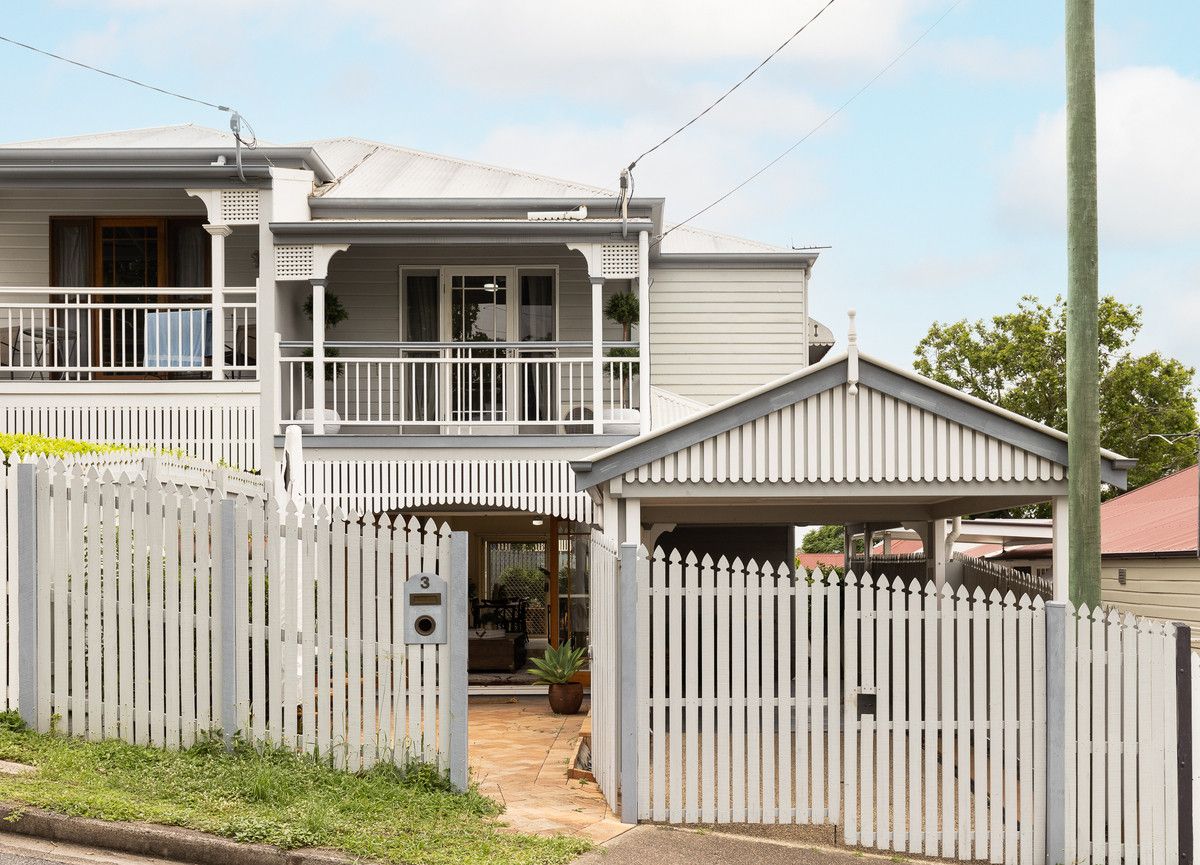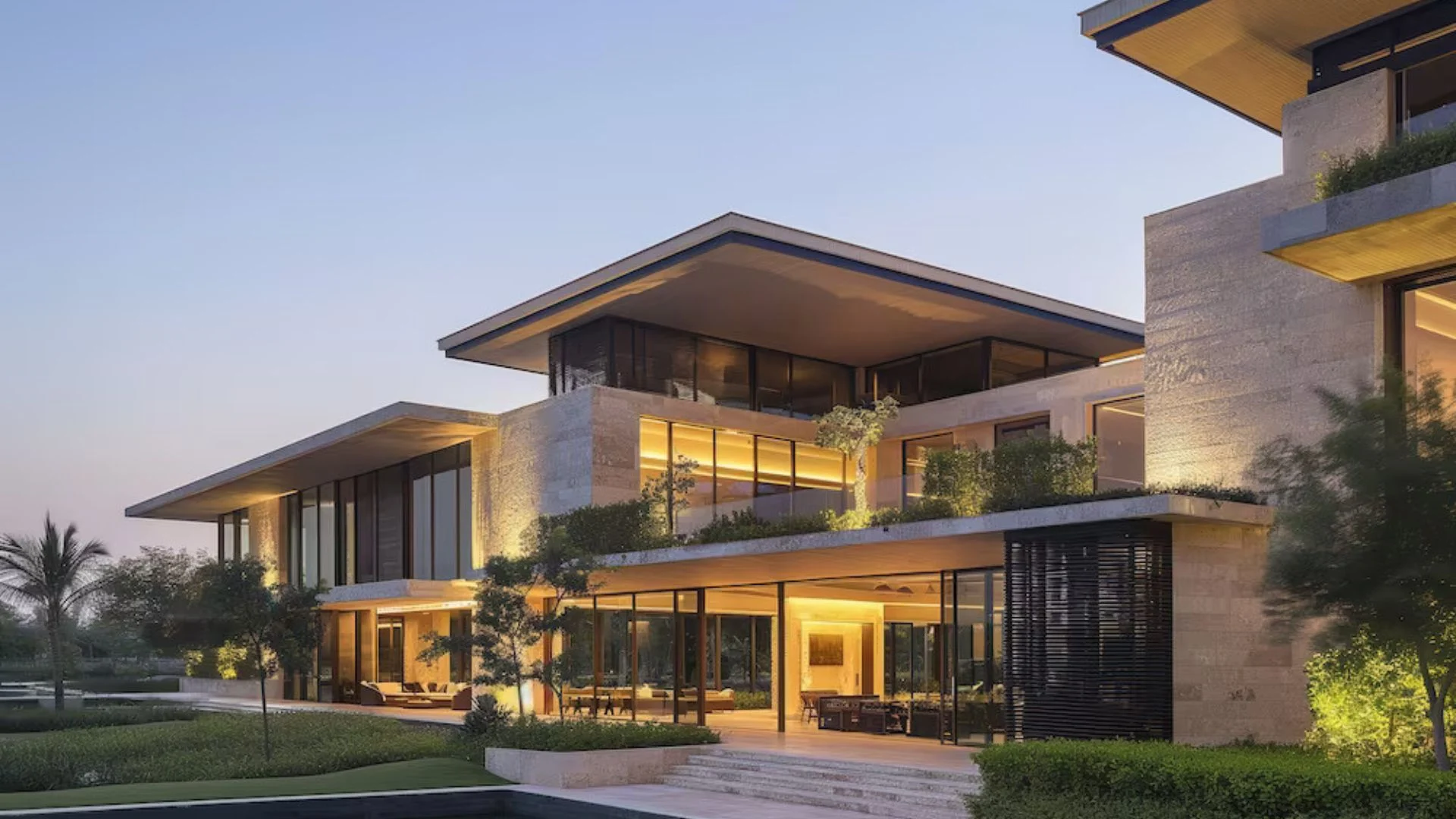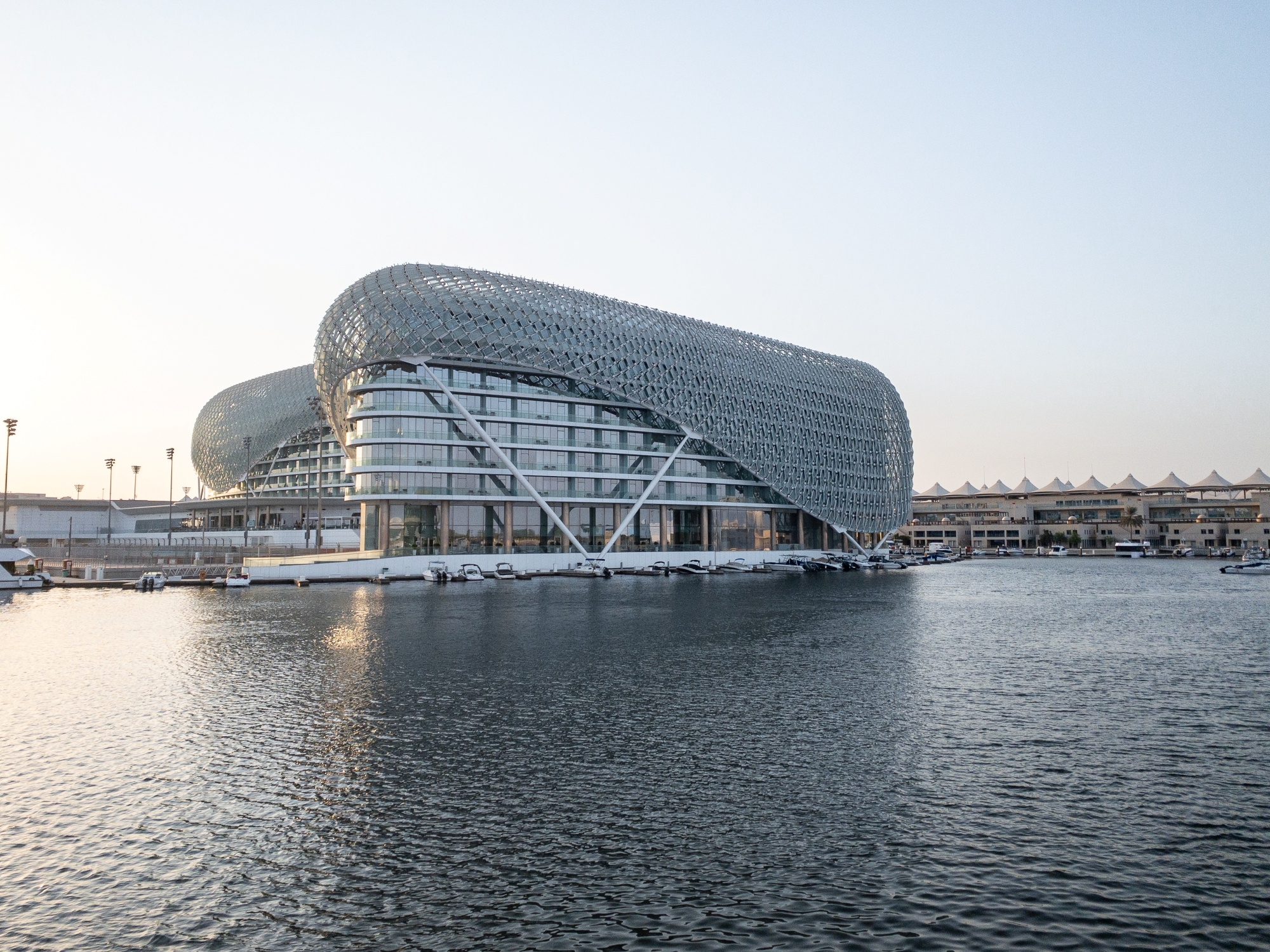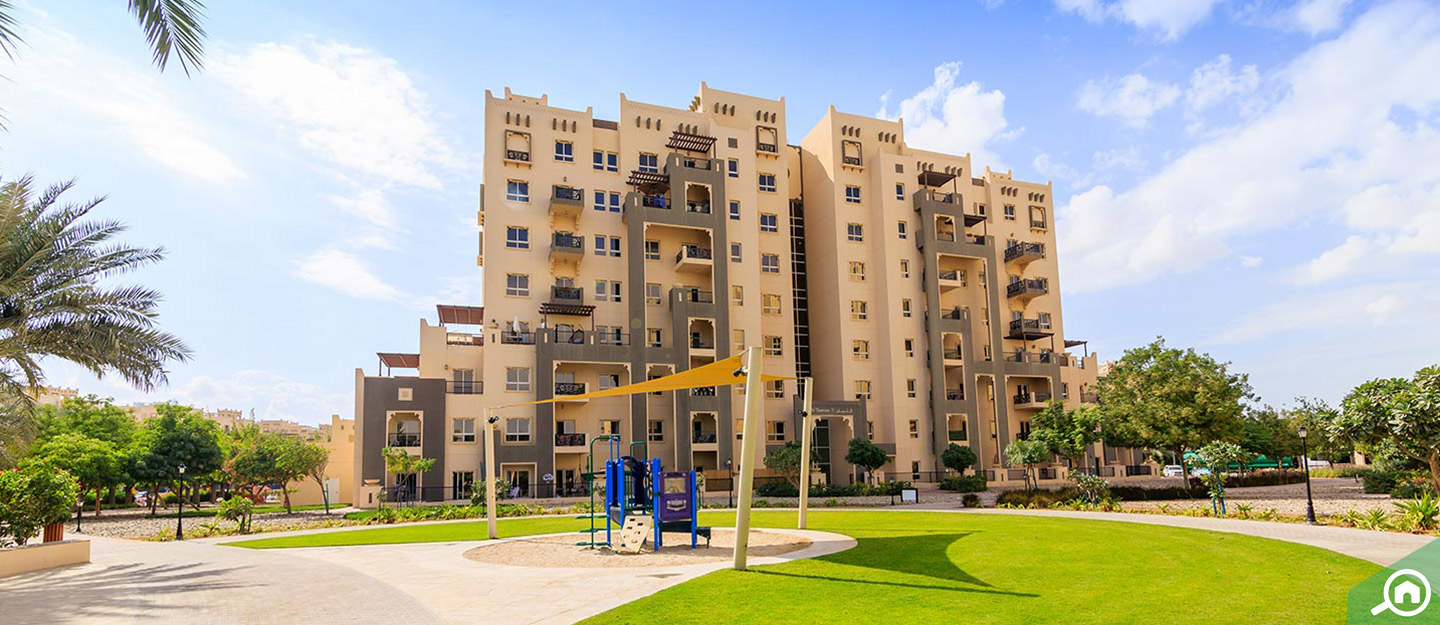Gates Developments unveils the Lyv Ceaser Ras El Hekma Beach
As part of Gates Developments’ commitment to offering exceptional real estate products.
Gates Developments proudly announced a record-breaking milestone, achieving over 8.7 billion EGP in sales within just the first few months of launching the Lyv Ceaser Ras El Hekma project.
Mr. Hassan Nasr, CEO of Gates Developments, expressed his satisfaction with the significant success the company has achieved with its first project on the North Coast in partnership with Pibic for investment, the landowner. He stated, “From the very beginning of our thinking of the ‘Lyv’ project, our focus was on delivering a distinguished real estate product that could compete and attract clients. This aligns with our company’s strategy to lead the real estate development industry and offer exceptional investment opportunities. The remarkable success we’ve achieved with sales of the ‘Lyv’ project on the North Coast confirms that we are on the right track towards realizing our vision of expanding the company’s real estate portfolio. This includes high-quality coastal developments, as well as integrated residential, administrative, and commercial projects, in collaboration with leading specialized companies. We are proud to be partnering with our success collaborators, Studio 5 and Prime Hospitality, to design and manage the luxurious Lyv Boutique Hotel, which will further enrich the tourism and entertainment experience.”
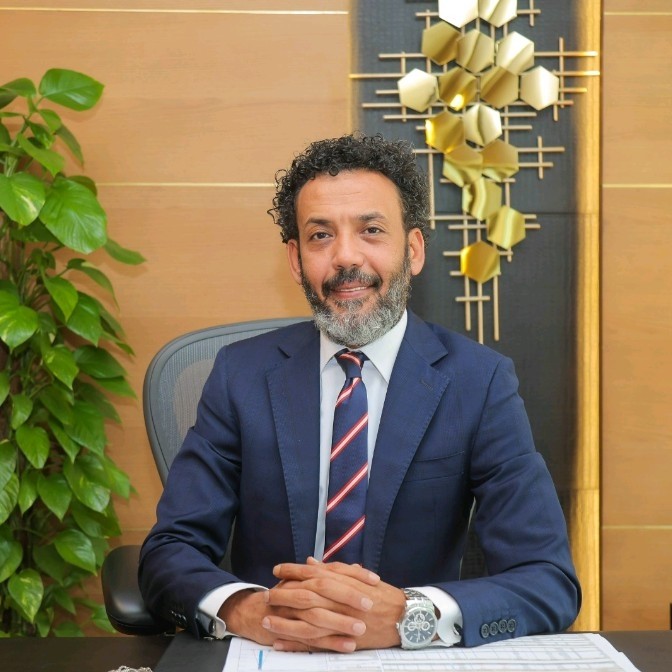
Gates Developments has announced the addition of 32 luxurious cabanas at the Lyv Boutique Hotel, part of the Lyv project. These exclusive cabanas, designed in collaboration with Studio Five, offer direct sea views and combine serene coastal living with elegant design, providing the ultimate relaxation experience.
This announcement follows Gates Developments‘ recent success, with sales exceeding 8.7 billion EGP at the Lyv project. In line with their commitment to delivering exceptional real estate offerings, the company has also launched the Esca Beach Club and opened the beach, providing a full range of leisure services. This success underscores the strong demand for the project and the trust clients place in the company.
The Lyv project represents a significant milestone for Gates Developments on the North Coast, particularly in the rapidly growing investment area of Ras El Hekma. This region, which has recently attracted significant attention from the Egyptian government, is becoming a hotspot for local and international investors due to its world-class features. Spanning 206 acres at kilometer 200 on the North Coast, the project offers a wide variety of properties, including chalets, townhouses, twin houses, and villas, all with stunning views of the sea and lagoon areas.
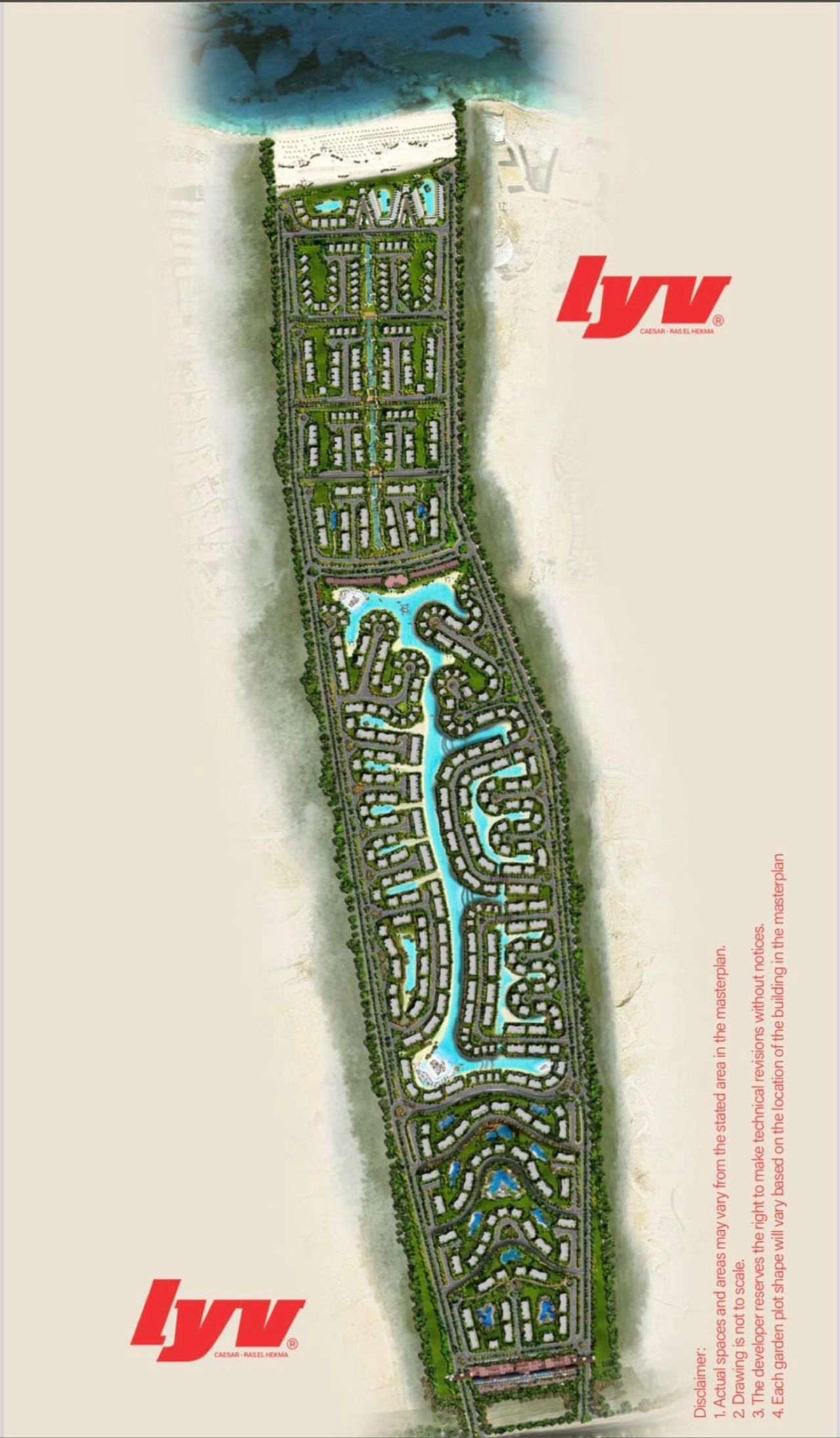
With investments exceeding 40 billion EGP, the Lyv project stands out for its diverse range of residential units, designed to meet various client needs. Gates Developments has proven its ability to manage and execute large-scale projects simultaneously, which has significantly strengthened customer trust and led to sales surpassing expectations. Lyv is not just a significant real estate investment but also a reflection of the company’s commitment to leading the real estate development industry and providing exceptional investment opportunities.
Gates Developments’ strategy is built on a unique approach that ensures competition with leading real estate developers. The Lyv project exemplifies this with its prime location and modern designs. It offers an ideal investment environment in the heart of the North Coast, particularly in Ras El Hekma. The project features 400 meters of sandy beaches, lakes, and water features covering 55,500 square meters, along with a variety of swimming pools, kids’ areas, a club, a gym, and a high-standard promenade. Additionally, the Esca Beach Club, which includes 32 luxurious cabanas at the Lyv Boutique Hotel, has been opened, making it an ideal destination for families and individuals seeking a unique beachfront living experience with all entertainment amenities.
The Lyv project is a key part of Gates Developments’ expansion strategy and ambitious vision of providing comprehensive real estate investment projects in strategic locations. The company aims to achieve excellence and innovation in real estate development, setting a benchmark in the region with its green spaces, recreational, tourism, and commercial services.
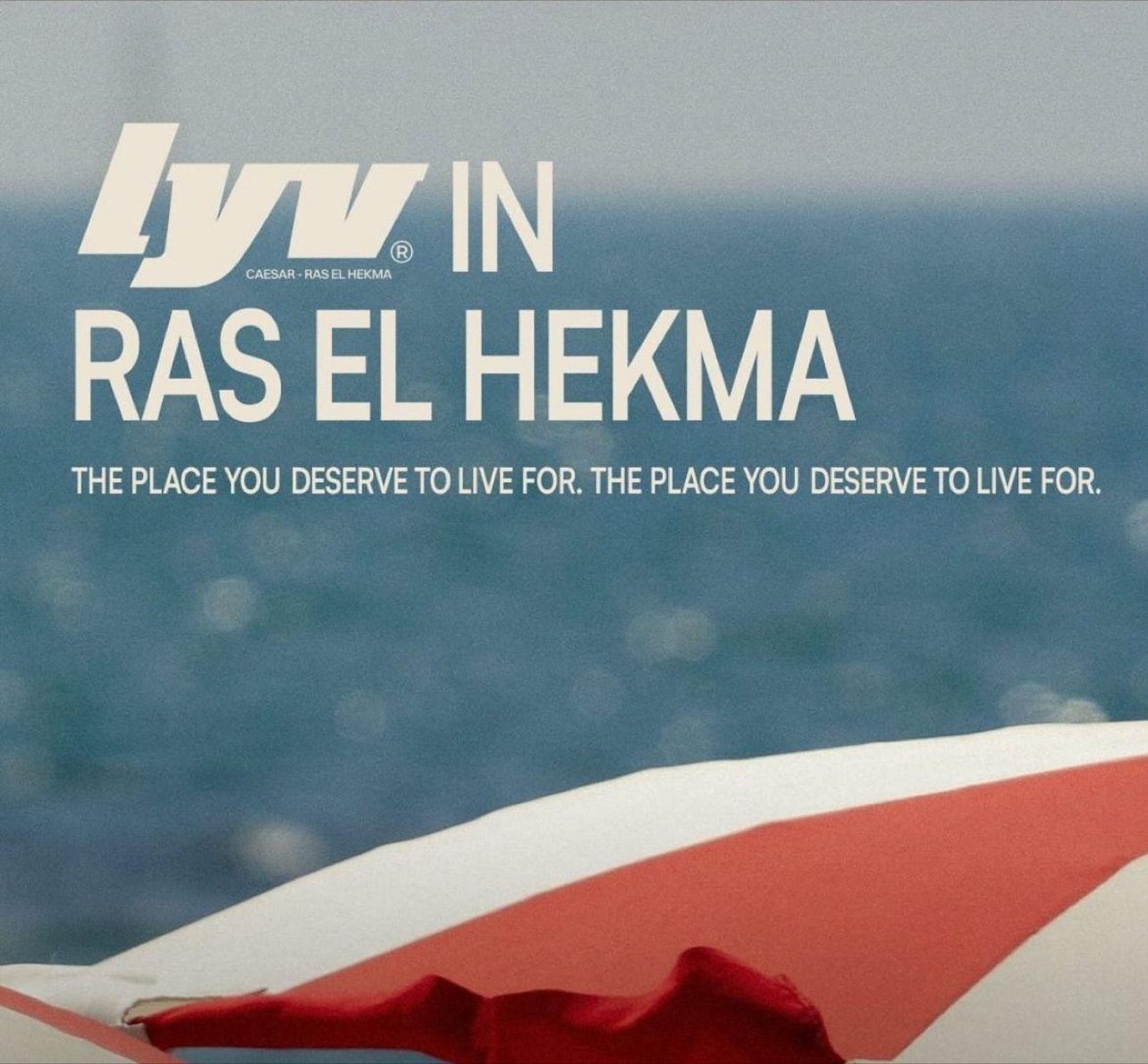
Worldlink Conferences will host the Modern Buildings Summit 2025 on 28–29 October in Dubai, highlighting innovations in sustainable design, smart tech, and resilient infrastructure, with top speakers and global industry leaders.
Saudi Arabia has frozen rent hikes in Riyadh for five years from Sept 25, 2025. All contracts must be on the “Ejar” platform, renewals are mandatory unless exceptions apply, and violations face fines up to 12 months’ rent. The move aims to curb hikes, boost transparency, and stabilize the market.
Dubai’s property market has logged 123,000+ sales in 2025, with Q3 topping AED 91bn. QUBE Development is meeting rising demand with lifestyle-led projects like ELIRE Managed By LUX* in Business Bay, reflecting the city’s shift toward design-driven, ultra-luxury living.
Sobha Realty reported record demand at its Downtown UAQ development, selling over 50% of units in its first three towers within a week of launch — setting a new benchmark for the northern emirates.
Sobha Realty has announced strong initial sales at its flagship Downtown UAQ | Sobha Realty master development, reinforcing rising investor confidence in Umm Al Quwain as the UAE’s next coastal growth hub.
Within just one week of its launch, the developer confirmed that over 50% of units in the first three residential towers were sold, setting a new benchmark for sales velocity in the northern emirates.
The 25-million-square-foot master development, located along Umm Al Quwain’s natural waterfront, is envisioned as the Coastal Skyline of the Future. The project integrates premium residences, commercial hubs, hospitality offerings, and lifestyle amenities to create an exceptional living experience. It is designed to balance modern living with environmental stewardship, with more than half of the total land area dedicated to open and green spaces.
The master plan spans 11 kilometers of pristine waterfront and includes over 7 kilometers of uninterrupted natural beach, two marinas, landscaped boulevards, and future-ready mobility solutions such as water taxis. It will also feature the UAQ Trade Centre, premium office space, and leisure attractions to strengthen its position as a mixed-use destination.
The first residential cluster, Sobha Aquamont, was unveiled earlier this year and comprises three towers of one-, two-, and three-bedroom waterfront apartments. The towers are designed to maximize natural light and coastal views, in line with Sobha Realty’s emphasis on luxury, craftsmanship, and sustainability.
“Umm Al Quwain is emerging as a highly attractive destination for residents and investors seeking world-class coastal living in a natural environment,” said Francis Alfred, Managing Director of Sobha Realty. “The strong sales response at Downtown UAQ reflects both the confidence in Sobha Realty’s vision and the growing appeal of Umm Al Quwain as a market poised for long-term growth.”
Adding to Sobha Realty’s expanding UAE portfolio of luxury communities, Downtown UAQ | Sobha Realty reinforces the company’s reputation for engineering excellence and sustainable urban design. It also highlights the growing momentum of mixed-use coastal projects in the UAE, which are attracting increasing interest from both domestic buyers and international investors.
By setting a new sales benchmark in its opening week, Downtown UAQ | Sobha Realty has established itself as one of the region’s most ambitious and promising waterfront destinations.
Chris Dixon, a partner who led the charge, says he has a ‘very long-term horizon’
Americans now think they need at least $1.25 million for retirement, a 20% increase from a year ago, according to a survey by Northwestern Mutual
Abu Dhabi’s real estate market surged 39% in H1 2025 to AED 52 billion, fueled by strong demand for luxury waterfront living. Key hotspots include Al Reem Island with soaring off-plan prices, Saadiyat’s culturally rich beachfront villas, Yas Island’s mix of leisure and nature, Al Maryah’s business-waterfront lifestyle, and Al Fahid’s wellness-focused community—together reflecting investor confidence in the emirate’s blend of luxury, nature, and future-ready infrastructure.
As Abu Dhabi’s real estate market evolves, investors are gravitating toward properties that offer luxury, natural surroundings, and future-proof infrastructure along the city’s waterfront. In the first half of 2025, the Abu Dhabi Real Estate Centre (ADREC) reported a record AED 52 billion in total real estate transactions, a 39% increase compared to the same period in 2024, reflecting strong investor confidence in the emirate’s high-value property sector. Waterfront districts are at the forefront of this growth, offering a rare combination of scenic mangrove-lined lagoons, pristine beaches, luxury marinas, and iconic architectural developments.
Artemiy Marinin, Project Director at MERED, identified key trends that offer compelling investment opportunities for discerning buyers:
- Al Reem Island, urban waterfront with natural serenity
Al Reem Island offers a rare combination of urban convenience and tranquil waterfront living. Lagoon-facing plots and high-rise apartments overlooking the Arabian Gulf create strong scarcity-driven demand. MERED’s latest Pritzker Prize–designed waterfront development promises to harmonize modern architecture with nature, offering landscaped oasis gardens, green terraces, and open-air spaces, making it a sought-after location for investors seeking value in a central, nature-integrated setting. Reem Island experienced a remarkable 38% year-on-year increase in off-plan property prices during Q2 2025, reinforcing its position as one of Abu Dhabi’s top-performing investment destinations.
- Saadiyat Island, cultural prestige meets pristine coastline
Saadiyat Island is renowned for its ecological and cultural appeal, with protected beaches, coral reefs, marine reserves, and landmark institutions like the Louvre Abu Dhabi. Beachfront properties, combined with strong conservation measures, support the Island’s long-term growth. Villas and residences with lagoon or sea views offer luxury living, often feature private pools and landscaped gardens. According to Knight Frank, villas on Saadiyat Island recorded the highest price growth in H1 2025, up 28% year-on-year, underscoring its status as a secure investment. The island’s combination of heritage and natural beauty makes it particularly attractive for buyers seeking integration with the capital’s culture and exclusivity.
- Yas Island, an entertainment hub with hidden natural gems
Yas Island is celebrated for its entertainment offerings, including Ferrari World, Yas Marina Circuit, and luxury hotels, yet it also offers tranquil natural features. Thoughtful planning has created a community with expansive green parks, a premier golf course, and a pristine public beach. Transaction values reached AED 5.86 billion in H1 2025, highlighting strong investor interest. Eco-conscious projects and the island’s unique mix of leisure, lifestyle, and waterfront living continue to fortify its sustainable investment potential.
- Al Maryah Island, central business waterfront with scenic promenades
Al Maryah Island serves as a key financial district while offering a distinctive waterfront lifestyle. Landscaped boardwalks, cafés, and leisure paths connect residents and professionals to the sea. Premium apartments offer unobstructed views, while green corridors and water-sensitive planning promote sustainable, resilient development. The integration of central business amenities with high-quality residential offerings makes Al Maryah Island attractive for investors seeking scenic natural appeal, business connectivity, and stable property value.
- Al Fahid Island, wellness-focused waterfront living
Al Fahid Island, strategically located between Yas and Saadiyat Islands, is Abu Dhabi’s newest luxury waterfront destination. Covering more than 6,000 residential units, the island offers an 11km coastline, offering residents a lifestyle closely connected to nature and the waterfront. Mangrove-lined streets, beachfront access, and wellness-oriented amenities foster outdoor activity and balanced living. Educational and lifestyle facilities, including the first UAE campus of King’s College School Wimbledon, scheduled to open in 2028, ensure lasting investment resilience in this forward-looking waterfront community.
Chris Dixon, a partner who led the charge, says he has a ‘very long-term horizon’
Interior designer Thomas Hamel on where it goes wrong in so many homes.
Red Sea Global (RSG) has partnered with Snowflake to deploy Cortex AI, creating the AI Destination Assistant (ADAI) that delivers real-time insights across bookings, flights, and hospitality. The platform cuts costs, eliminates data silos, and empowers staff with instant, data-driven decisions, boosting guest safety and experiences. Recognized with the AI Visionary Award 2025, RSG is advancing toward fully autonomous AI in line with Saudi Arabia’s Vision 2030.
Snowflake, the AI Data Cloud company, has been appointed by Saudi real estate developer Red Sea Global (RSG) to accelerate its digital transformation by deploying advanced AI and data solutions across its operations. With Snowflake, RSG is enhancing guest experiences, simplifying deployment of AI, and establishing scalable AI capabilities that support the Kingdom’s ambition to be a global leader in AI.
The developer and hospitality management company previously faced delays in scaling AI models, limitations in local infrastructure and operational expertise, and fragmented data across systems. By using Snowflake Cortex AI, RSG now benefits from the flexibility of a hyperscaler-agnostic platform and has moved from proof-of-concept response times of 45 seconds to near real-time insights, eliminated data silos by consolidating multiple dashboards into a single source of truth, and simplified operational deployment.
With Snowflake Cortex AI at its core, RSG has built AI Destination Assistant (ADAI), a next-generation AI solution that ingests data across bookings, mobility, flights, and hospitality services, and responds to natural language queries with trusted, accurate, and instant insights. For instance, employees can ask “how many pregnant women are coming to the destination,” to ensure its medical readiness and guest safety.
For analysts, ADAI delivers the answer, the SQL query, and additional insights, serving as an “analyst in the pocket.” This has reduced IT overhead, eliminated costly GPU infrastructure and MLOps requirements, and shrunk time to insight from weeks to seconds. Employees are no longer dependent on business intelligence teams and can make faster, data-driven decisions that improve service quality by anticipating guest needs, enabling smarter planning, higher safety standards, and better experiences.
Ali Al-Ismail, Country Manager for Snowflake KSA, said: “RSG is setting the benchmark for AI adoption in Saudi Arabia by using Snowflake Cortex AI to implement advanced large language models and agentic AI at scale. By centralizing data, removing infrastructure barriers, and empowering staff with real-time insights, RSG is unlocking measurable cost savings, productivity gains, and improved customer outcomes. We are proud to support RSG in using the AI Data Cloud to redefine hospitality management.”
Sultan Moraished, Group Head of Technology and Corporate Excellence, Red Sea Global, said: “Leveraging Snowflake has enabled RSG to address the technology and operational barriers that previously limited our data and AI capabilities. With Cortex AI powering our ADAI platform, we have moved from slow proof-of-concept models to near real-time insights that help us plan smarter, deliver greater efficiency, and enhance the overall guest experience. This is enabling us to reimagine how we manage our destinations, while contributing to the Kingdom’s Vision 2030 goals through advanced use of AI and data.”
Snowflake’s support of RSG reflects KSA’s wider push to integrate AI across industries as part of Vision 2030. According to PwC, the Kingdom is expected to gain up to US$135.2 billion from AI by 2030, the largest economic boost in the region. With the nation’s public cloud market projected to reach $13.97 billion by 2033, and 81% of CEOs already embracing AI, organizations like RSG are demonstrating how having the right data strategy is driving successful AI outcomes.
Snowflake recently honored RSG with the AI Visionary Award 2025 at the Smart Data & AI Summit (SDAIS) 2025 in recognition of its ADAI solution, which transforms business AI capabilities and elevates customer experiences. The accolade underscores the company’s role in driving future AI innovation and highlights Snowflake’s commitment to enabling future AI innovation in the Kingdom.
Looking ahead, Snowflake is working with RSG on developing autonomous actions within the platform, moving toward a fully agentic AI system that reduces manual intervention and improves responsiveness.
Chris Dixon, a partner who led the charge, says he has a ‘very long-term horizon’
Following the devastation of recent flooding, experts are urging government intervention to drive the cessation of building in areas at risk.
Worldlink Conferences will host the Modern Buildings Summit 2025 on 28–29 October in Dubai, highlighting innovations in sustainable design, smart tech, and resilient infrastructure, with top speakers and global industry leaders.
Worldlink Conferences proudly announces the Modern Buildings Summit 2025, taking place at Dusit Thani, Dubai, 28–29 October 2025. This landmark event will gather leading voices from architecture, urban planning, sustainability, and construction to explore how innovation, technology, and design are shaping the future of the built environment.
With Dubai at the forefront of modern urban development, the summit will spotlight transformative solutions in sustainable architecture, energy efficiency, smart technologies, and future-proof infrastructure.
Joining the summit are some of the most influential voices in architecture, design and sustainability.
- Faisal Rashid – Senior Director – Demand Side Management, Supreme Council of Energy
- Nabil Shahin – Managing Director, AHRI
- Alexander Ott – Partner and Head of Design, Coop Himmelb(l)au
- Benjamin Piper – Architectural Design Director, Integrity Design Consultancy
- Mahmoud Shahin – Design Director, P&T Architects
- Marcos Rosello – Founding Director, All Design
- Zain Ahmed – Senior Manager – Strategic Consulting, JLL
- Lindsey Malcolm – Sustainability Lead, Middle East, Turner & Townsend
- Sanaz Sheikhi – Senior BIM Manager, Dewan Architects + Engineers
- Philip Keil – Technical Director – Facade, AESG
- Ghina Yamak – Principal Facade Consultant, Zutari
- Loubna Al Zalek – Director of Design Development, ARM Holding
- Richard Fenne – Director, Woods Bagot
- Irmak Sener – Senior Sustainability Manager, pmk Consult
- Akshay Deshpande – Urban Design Lead, Arup
- Bhakti More – Chairperson & Professor, Manipal Academy of Higher Education
- Nima Shoja – Senior Director, Studioi
- Alexander Ott – Partner and Head of Design, Coop Himmelb(l)auMore to be announced soon!
Don’t miss out, the summit will serve as a platform for:
- Showcasing cutting-edge solutions in modern architecture and sustainable construction.
- Engaging in thought-provoking discussions on climate-responsive design, smart urban spaces, and resilient infrastructure.
- Networking with policymakers, leading architects, consultants, and developers shaping the skylines of tomorrow.
Event Details:
📍 Dusit Thani, Dubai, UAE
📅 28–29 October 2025
For sponsorship, exhibition, delegate passes and speaking opportunities, please visit.
Chris Dixon, a partner who led the charge, says he has a ‘very long-term horizon’
Saudi Arabia has frozen rent hikes in Riyadh for five years from Sept 25, 2025. All contracts must be on the “Ejar” platform, renewals are mandatory unless exceptions apply, and violations face fines up to 12 months’ rent. The move aims to curb hikes, boost transparency, and stabilize the market.
Saudi Arabia has introduced sweeping new regulations for Riyadh’s rental market, freezing rent increases for both residential and commercial properties for the next five years in a bid to stabilize housing costs and ensure fairness between landlords and tenants.
The measures, approved by the Council of Ministers and enacted through a royal decree, follow directives from Crown Prince and Prime Minister Mohammed bin Salman, who earlier ordered reforms to address sharp rent hikes in the capital.
Under the new rules, which took effect, the total rental value of properties—whether in existing or new contracts—cannot be increased for five years within Riyadh’s urban boundary. The same framework could be extended to other cities and governorates if deemed necessary by the Real Estate General Authority with the approval of the Council of Economic and Development Affairs.
Vacant properties in Riyadh will have their rent fixed at the value of the most recent registered contract. For units that have never been rented, landlords and tenants may agree on the initial rent freely.
All contracts must be registered through the “Ejar” platform, either by landlords or tenants, with a 60-day window for objections. If no objection is raised, the contract data will be deemed valid.
Automatic renewals will also be regulated: lease agreements nationwide will be renewed unless one party notifies the other at least 60 days before expiry. In Riyadh, landlords cannot refuse renewal if tenants wish to extend, except in three cases: non-payment, structural defects affecting safety, or the landlord’s intent to use the property personally or for a first-degree relative.
The new regulations also allow landlords to appeal fixed rents in limited circumstances, such as after significant renovations or if the last contract was signed before 2024.
Violations will carry fines of up to the equivalent of 12 months’ rent, alongside compensation for affected tenants. Whistleblowers can receive up to 20 percent of the fine as a reward for reporting violations.
The Real Estate General Authority will oversee enforcement in cooperation with other agencies, monitor rent levels, and submit regular reports to the Crown Prince.
Officials said the measures mark a turning point in Riyadh’s rental market, aiming to restore balance, increase transparency, and provide a safe and fair environment that supports sustainable urban development and quality of life.
Chris Dixon, a partner who led the charge, says he has a ‘very long-term horizon’
Dubai’s property market has logged 123,000+ sales in 2025, with Q3 topping AED 91bn. QUBE Development is meeting rising demand with lifestyle-led projects like ELIRE Managed By LUX* in Business Bay, reflecting the city’s shift toward design-driven, ultra-luxury living.
Dubai’s property market has surpassed 123,000 residential unit sales since the start of the year, according to the Dubai Land Department, and Q3 is currently recording over AED 91 billion in transactions with a week left until the new quarter. The surge highlights sustained investor confidence and the city’s growing appeal as a global real estate hub.
Developers are responding by expanding their portfolios and focusing on lifestyle-led, design-conscious projects. QUBE Development, with a AED 4.4 billion portfolio, is actively driving the way with high-quality residential, commercial, and retail developments. As it stands, QUBE’s portfolio reflects a strategic focus on design-led, lifestyle-oriented developments that prioritize quality, durability, and community across residential and commercial assets.
After Dubai’s real estate market recorded AED 184.3 billion in Q2 sales, marking a 49 per cent year-on-year increase from 2024 and the highest quarterly total in the emirate’s history, the luxury segment alone has seen a surge in demand. QUBE recently announced its latest project, ELIRE Managed By LUX* in Business Bay, further expanding its growing portfolio of distinctive developments. The upcoming branded residence project in collaboration with The Lux Collective, the award-winning global hospitality group behind the flagship brand LUX*, distinguishes itself by offering an unparalleled suite of high-end services, from dedicated residence concierges and valets to in-residence catering and childcare, ensuring every need of its residents is meticulously met. ELIRE will also provide a seamless, worry-free living experience through its comprehensive “While You Are Away” maintenance package and turnkey in-residence solutions, ensuring peace of mind for residents who frequently travel. Complementing this, bespoke services such as private chef dining and personal shopping services elevate the lifestyle experience, catering to the sophisticated needs of a new generation of local, regional, and international buyers looking for exclusive and ultra-luxury communities.
“At QUBE, our projects are designed to redefine luxury living through thoughtful design and high-value service,” said Hala Adra, Project Director at QUBE Development. “ELIRE, for example, combines luxury residential living with hospitality-level amenities, personalized services, and maintenance solutions that cater to a global clientele. Every detail is meant to offer residents convenience and long-term value, setting a new standard for luxury communities in Dubai.”
As demand for high-quality and design-conscious living continues to rise, QUBE’s portfolio reflects a clear understanding of Dubai’s evolving market. Through projects such as Cubix Residences and Arisha Terraces with their wellness-focused amenities and rooftop gardens, QUBE is committed to delivering exceptional living experiences.
Chris Dixon, a partner who led the charge, says he has a ‘very long-term horizon’
Yas Marina has unveiled Abu Dhabi’s first-ever floating hotel, the Orchid Overnight Superyacht, permanently docked at the marina and operated by Dutch Oriental. Blending five-star hospitality with superyacht luxury, it offers 31 rooms and suites, gourmet dining, and premium amenities, starting from AED 990 per night. Guests can enjoy 360° views, smart room automation, curated experiences, and upcoming sundowner and dinner cruises from October 2025. The launch strengthens Yas Island’s position as a premier global leisure destination.
Yas Marina, a lifestyle destination like no other and the GCC’s only marina awarded the prestigious Five Gold Anchor Platinum accreditation, is proud to announce the arrival of the Orchid Overnight Superyacht, Abu Dhabi’s first-ever floating hotel.
Permanently docked at Yas Marina and operated by Dutch Oriental, the Orchid Overnight introduces a new era of hospitality in the UAE. Seamlessly blending refined seafaring design with five-star hotel standards, the superyacht offers guests a unique opportunity to experience luxury accommodation on the water. Featuring polished interiors, private suites, and dedicated guest services, the superyacht provides an elevated stay in one of Abu Dhabi’s most iconic destinations.
Jassim Albastaki, General Manager at Yas Asset Management, said: “The launch of Orchid Overnight marks a bold new chapter in Abu Dhabi’s hospitality scene, and we’re proud to host it at Yas Marina. Combining the elegance and exclusivity of a superyacht with the comfort of a luxury hotel, it offers a truly one-of-a-kind experience. Paired with Yas Marina’s amenities and entertainment, it’s a seamless blend of sophistication and lifestyle. Strategic collaborations such as this strengthen Yas Island’s position on the global stage as a premier destination for exceptional leisure and entertainment experiences.”
Swapnil Patrikar, General Manager- Hospitality & Business Development from Dutch Oriental Megayachts, said: “Choosing Yas Marina as the home of The Orchid Overnight was a natural decision. It offers facilities that cater seamlessly to the needs of our guests, while its prime location makes it easily accessible for visitors from both Abu Dhabi and Dubai. With Zayed International Airport just moments away, it also provides unparalleled convenience for international travelers arriving to experience this one-of-a-kind floating hotel.”
As part of the experience, escape to an enchanting overnight stay, surrounded by panoramic sunsets and the serene sea. Enjoy gourmet delights, crafted by expert chefs. Amenities include 360° sun deck views, 24/7 Front Desk, Concierge & Housekeeping, Smart room automation, King or Twin beds, Premium bathroom amenities, and Floor-to-ceiling windows, offering guests an unforgettable journey around the stunning Abu Dhabi coastline. To welcome the new season, Orchid Overnight Superyacht will be introducing sundowner and dinner cruises from October 2025.
LUXURY AFLOAT
The Orchid Overnight Superyacht features 31 guest rooms, thoughtfully designed to accommodate a variety of preferences:
- 24 Superior Rooms (25 sqm) with king or twin beds and private bathrooms
- 4 VIP Rooms (30 sqm) with king beds and ensuite bathrooms
- 3 Royal Suites (60 sqm) featuring a king bed, sofa bed, living area, private hot tub, and shower
Prices start from AED 990 per night per room. This Superyacht is also available for private hire—ideal for corporate gatherings, private celebrations, or full buyouts of all 31 rooms and suites. Cruise around Abu Dhabi in unmatched style and luxury, making your special occasion truly unforgettable.
WORLD-CLASS AMENITIES
Guests can enjoy a host of premium facilities, including:
- A sun-soaked top deck with loungers, dining areas, buffet stations, and full-service bartenders
- A spacious reception area with concierge service
- Flexible F&B options – including full board, bed and breakfast, and 24-hour in-room dining curated by onboard chefs
- Unlimited soft beverages served during all sunset and dinner cruises
TAILORED EXPERIENCES
For those seeking a bespoke escape, Orchid Overnight offers tailor-made services such as Rolls-Royce transfers, curated excursions, and customized group packages ideal for weddings, events, or corporate retreats.
With its debut, the Orchid Overnight Superyacht sets a new standard for experiential luxury in the UAE, a floating haven for discerning travelers seeking something beyond the ordinary.
Chris Dixon, a partner who led the charge, says he has a ‘very long-term horizon’
Kuwait’s housing minister urged private sector involvement to ease the housing crisis, with requests already at 105,000 and projected to hit 197,000 by 2035. The government is restructuring its housing authority, launching PPP projects worth 4.15m sqm, and drafting a mortgage law to boost financing, as it develops new cities with 185,000 housing units.
Kuwait’s housing minister called on the private sector to help tackle a housing crisis, where demand is far outstripping the supply of new homes after decades of state management of the sector.
According to its constitution, the oil-rich state is responsible for assisting all Kuwaiti families in obtaining housing. However, it has struggled to meet rising demand and now many are forced to wait for years for accommodation.
The housing authority said requests have reached 105,000 and are rising at 3% annually, with demand seen at 197,000 by 2035, a presentation showed on Wednesday.
“The private sector today is a true partner in solving this problem, and the reliance now is on you,” Housing Minister Abdulatif Al-Meshari told a conference attended by hundreds of representatives from private real estate companies and local and foreign banks.
The government is currently restructuring the Public Authority for Housing Welfare, which for decades has been the executive arm for providing homes to its 1.5 million citizens.
“Now I will be the regulator, I will follow up with you, follow up on the projects and the quality, but the core of the matter is with you,” Al-Meshari said.
Kuwait last week opened pre-qualification for foreign and local private firms to develop three housing projects across four areas covering 4.15 million square meters (44.6 million square feet), under a real estate development law approved in 2023 and enacted this month.
The 30-year contracts cover design, financing, construction, operation and the sale of housing units to citizens, with four years for building and 26 years for investment, while non-residential assets will be transferred to the government.
Al-Meshari did not have estimates for the value of the projects.
The government is drafting a mortgage law to let banks and finance firms provide housing finance, which the minister said will be ready within weeks.
Kuwait is developing major cities, including Al-Khairan, Nawaf Al-Ahmad and Al-Sabriya, with about 185,000 housing units over 355 sq km, the housing authority said.
“This is a launch, not the goal. The goal is to solve the housing problem,” the minister said.
Chris Dixon, a partner who led the charge, says he has a ‘very long-term horizon’
Riyadh residential sales jumped 63% in H1 2025 to SAR65.7bn, while Jeddah rose 34% to SAR18.3bn, Cavendish Maxwell said. Prices and rents climbed, with 72,000 new units due across both cities by 2027 as Vision 2030 reforms and foreign ownership laws drive demand.
Residential property sales values in the KSA capital, Riyadh, have surged 63% year-on-year to SAR65.7 billion (US$17.5 billion), says leading real estate advisory and property consultant, Cavendish Maxwell. The city recorded 35,600 sales transactions in H1 this year – an increase of 10% on the same period in 2024.
In Jeddah, sales values between January and June this year reached SAR18.3 billion (US$4.9 billion), 34% up on last year, with transactions climbing by a quarter (25%) to 15,200, the company said.
Sales prices and rental rates were also up year-on-year in both Riyadh and Jeddah according to Cavendish Maxwell’s KSA Residential Real Estate Market Performance report.
The research, which complements Cavendish Maxwell’s regular, trusted market analyses for Dubai, Abu Dhabi and Oman, comes as the company expands its consultancy services in KSA, where a nationwide real estate transformation is under way as part of Vision 2030.
Demand for real estate in the Kingdom, fueled by population growth and upcoming events like Riyadh Expo 2030 and FIFA World Cup 2034, is at unprecedented levels. The country is targeting 70% home ownership among Saudi nationals by 2030, and the new law allowing foreigners to invest in real estate in certain zones, which comes into effect in January 2026, will further heighten demand, Cavendish Maxwell says.
Focusing on Riyadh and Jeddah, with a wider analysis for KSA planned for future market studies, the report also shows:
- Apartment and villas sales prices in both cities rose year-on-year in H1 2025
- Apartment rental rates rose in both areas. In Riyadh, villa rents also increased, but saw a slight decline in Jeddah
- 8,100 new residential units were delivered across the two cities between January and June this year, with another 30,700 more expected by December 2025 – and an additional 72,000 by 2027
- More than a third (33.4%) of KSA’s population – projected to surpass 38 million by the end of the year – is in Riyadh and Jeddah
- Expats account for nearly half (45%) of KSA’s population
72,000 new units are set for delivery across Riyadh and Jeddah by 2027, with 48,000 of them in Riyadh, where key giga and mega projects like Diriyah, New Murabba and Sedra District will significantly contribute to the city’s housing supply. In Jeddah, major developments such as Jeddah Central, Al Arous by ROSHN and Government housing initiatives are gradually reshaping the city’s residential offering.
Riyadh-based Sean Heckford, Director of Built Asset Consulting at Cavendish Maxwell, said: “The unprecedented growth of KSA’s residential sector reflects a deeper story: a region balancing tradition with modernity, where investment fuels progress while retaining the country’s charm and culture. More than just a property trend, this is a catalyst for regional development, driving improvements in infrastructure, services and lifestyle.
“Policy reforms are also transforming the Kingdom’s real estate landscape. Under the new foreign property ownership law, non-Saudi’s will be able own property in designated areas, significantly broadening market access, while the increased White Land Tax and Vacant Property Tax should stimulate supply, discourage speculative holding, and promote more efficient land use. These measures are expected to accelerate housing delivery, stabilize long-term price growth, and reinforce the Kingdom’s Vision 2030 objectives, which include 70% home ownership in the next five years.”
Saudi sales prices …
In Riyadh, apartment prices jumped 10.5% and villas 12.4% compared to H1 last year. In June 2025, apartments averaged SAR6,100 (US$1,600) and villas SAR5,396 (US$1,439) per square meter. There was modest but steady price growth in Jeddah: SAR4,376 (US$1,167) per sqm for apartments and SAR5,114 (US$1,364) for villas, a year-on-year rise of 1.8% and 2.5% respectively.
… and rental rates
Rental prices for apartments in Riyadh rose 10.3% year-on-year, with villas commanding 14.4% more in rent – the result of continued growth in families and professionals moving to the Saudi capital for employment and enhanced quality of life, Cavendish Maxwell said. The launch of the Riyadh Metro also boosted the appeal of homes near metro lines. In Jeddah, apartment rental rates rose 4.7%, but there was a drop of 2.7% for villas.
Delivery in 2025 and beyond
Riyadh delivered around 6,000 new homes in the first half of 2025, with 18,000 more expected to come to market in H2. Another 48,000 new properties are projected by 2027, by which time the capital’s total residential real estate supply will reach an estimated 1,995,000. As of June 2025, Riyadh’s inventory stood at 1,922,000.
Jeddah added 2,100 new units to its inventory in H1, with 12,700 more on the way this year and an additional 24,000 by 2027. Jeddah’s currently supply of 1,092,000 units is set to grow to 1,131,000 by the end of 2027.
Sean Heckford added: “As KSA continues to diversify its economy and increase non-oil GDP, Riyadh and Jeddah – and their real estate sectors – will play increasingly pivotal roles in helping to realize the country’s vision. Riyadh is already firmly established as the Kingdom’s primary growth engine, reinforced by the Government’s Regional Headquarters (RHQ) program, which is attracting multinational firms to the capital, giga projects like New Murabba and Diriyah, and Expo 2030. With rising levels of foreign direct investment also supporting the city’s diversification, Riyadh is set to evolve into a thriving hub of over 12 million people by 2035, and its property sector is set to expand in parallel with its economic and demographic growth.
“Meanwhile, Jeddah is carving out a complementary role, leveraging its position as KSA’s commercial gateway. The city is building on its cultural heritage and pursuing ambitious urban and waterfront developments to support a projected population of over 6 million by 2035.”
Chris Dixon, a partner who led the charge, says he has a ‘very long-term horizon’
Global futurist Anders Sörman-Nilsson says AI, climate change and shifting demographics are rewriting the rules of real estate.
“Today’s luxury is tomorrow’s expectation.”
It was one of Anders Sörman-Nilsson’s throwaway lines – but the kind that sticks. The Swedish-Australian futurist wasn’t talking about marble benchtops or rooftop pools. He meant robots in the home, AI personal assistants and cities so climate-resilient they could add decades to your life.
For Sörman-Nilsson, science fiction is no longer something you watch. It’s the world you live in, and if you’re in property, you’d better be designing for it now.
Take transport. In Los Angeles recently, he rode in a Waymo self-driving car and “never felt safer”. No human driver, no small talk, no risk of road rage. Just seamless, sensor-driven efficiency. Or healthcare. His GP now uses an AI medical scribe to complete reports and referrals, saving hours of paperwork. For patients, it means more time with the doctor and medical instructions translated into plain English.
These examples aren’t novelties. They’re signals. “AI is taking the robot out of the human,” he told the audience.
“It’s letting us do less of the menial and the mundane, and more of the meaningful and the human.”
Speaking to more than 100 property and investment leaders at the inaugural Kanebridge Quarterly Property Summit in Sydney, Sörman-Nilsson set out a future that is as exhilarating as it is confronting.
The night opened with a data-rich address from expert economist Dr Andrew Wilson, who set the economic scene for the year ahead.
His forecast: a robust housing market through 2025, underpinned by falling interest rates, inflation easing back to the RBA’s target, and a still-strong labour market.

From there, the conversation shifted from the short-term economic outlook to the long-term forces reshaping the industry, as futurist Sörman-Nilsson took the stage.
Over the course of an hour, Sörman-Nilsson unpacked the three significant forces reshaping real estate: AI, demographics and design, and why ignoring them could be fatal for investors, developers and cities alike.
One of his sharpest warnings was about climate change and the emergence of “climate oases” – the select cities and regions that will remain liveable and attractive as others become too hot, flood-prone or costly to protect.
“In Australia, Hobart, Launceston, and Canberra are among the most climate-resilient,” he said.
“People are already moving there for cooler temperatures and security. That’s not a trend you want to ignore if you’re thinking about where value will hold.”
Demographics, too, are shifting in ways the property market can’t afford to overlook. By 2035, Sörman-Nilsson predicts that 40 per cent of households could be single-person households. Fewer children, more solo living and longer lifespans will require housing models that prioritise community, flexibility and wellness over sheer size.
“If you want to live in Sydney in the future,” he quipped, “you might never know your grandkids because they’ll have to move somewhere they can actually afford.”
The implications for design are profound. He points to “Blue Zone” principles – the habits and environments linked to long, healthy lives – as a template for next-generation developments.
Think walkable neighbourhoods, green spaces, social connection and accessible services.
“Singapore has become the first urban Blue Zone by design,” he said. “If they can do in 20 years what took Okinawa hundreds, there’s no excuse for our cities not to aim higher.”
For all the provocation, there was consensus in the room. Panellist Darren Younger, CEO of Assetora, said the opportunity for property to integrate technology at the foundational level has never been greater.
“Technology isn’t just an add-on anymore. It’s becoming the foundation for how we design, transact and manage property,” he said. “From fractional ownership to AI-driven maintenance systems, the innovations are here; we just need to deploy them.”
Want more? Read the full story in the spring issue of Kanebridge Quarterly, here.
Chris Dixon, a partner who led the charge, says he has a ‘very long-term horizon’
Dar Al Majdiah, Retal, and Alandalus confirmed their Riyadh portfolios are exempt from Saudi Arabia’s amended White Land Tax, reporting no financial impact.
Three Saudi-listed developers – Dar Al Majdiah Real Estate Company, Retal Urban Development, and Alandalus Property – said that their real estate portfolios in Riyadh City are not subject to the Kingdom’s newly amended White Land Tax (WLT) regulations.
Al Majdiah said its wholly owned assets, which comprises operating/income-generating projects as well as projects under execution, do not qualify as ‘white land’ under the updated rules issued by the Ministry of Municipalities and Housing on 22 August.
All projects undertaken with the state-owned National Housing Company (NHC) are exempt, it added.
The company said it does not expect a material impact on its financial position or operations from implementing the regulations. It has requested a refund of 1.7 million ($450,000) in fees previously paid for a completed project with an occupancy certificate and is contesting invoices worth SAR 3.3 million related to projects that have been completed and have obtained Certificates of Occupancy.
Separately, Retal Urban Development and Alandalus Property said there is no impact, material or financial, from the amended While Land Tax. Alandalus confirmed it does not own any plots in Riyadh subject to the levy.
Earlier this month, Dar Al Arkan and Saudi Real Estate Co. (Al Akaria) disclosed the extent of their Riyadh land banks falling under the WLT regime in exchange filings.
The Ministry of Municipalities and Housing issued updated Executive Regulations of the White Land Fees on 22 August 2025, and the geographic zones for the White Land Fees in the city of Riyadh on 27August 2025.
Chris Dixon, a partner who led the charge, says he has a ‘very long-term horizon’
Cairo’s real estate market stayed resilient in Q2 2025, with strong residential deliveries, soaring rentals, upbeat retail momentum, record hospitality growth, and steady office demand—reflecting easing economic pressures, government support, and booming tourism.
Egypt’s real estate market remained resilient in the second quarter (Q2) of 2025, with steady growth across key sectors driven by improving economic conditions, ongoing government initiatives, and a surge in tourism activity, according to JLL’s latest Cairo Market Dynamics report.
Ayman Sami, Country Head of JLL Egypt, commented: “The resilience of Cairo’s real estate market as economic pressures ease is reflected in strategic diversification across sectors. A strong push for innovation, paired with solid demand drivers, positions the market for continued growth and enhanced investor appeal.”
Residential Sector: Steady Deliveries, Soaring Rentals
The residential market maintained strong momentum, with 7,300 units delivered during the quarter—raising Cairo’s total housing stock to 309,100 units. An additional 21,750 units are scheduled for completion in the second half of the year.
Sales prices continued to track headline inflation, with notable annual increases in 6th of October (18.0%) and New Cairo (15.9%). Meanwhile, rental rates outpaced inflation, surging by 25.5% and 17.7% in the same areas, respectively.
Although rental demand remains strong, affordability challenges in the for-sale market have emerged, as wage growth lags behind inflation. In response, developers are increasingly diversifying portfolios by expanding beyond Cairo into destinations such as the North Coast, the Red Sea, and international markets to mitigate risk and tap into new demand streams.
Looking ahead, recently announced fiscal policies—including a VAT hike on construction services from 5% to 14% and the removal of gas subsidies—are expected to elevate construction costs and may prompt developers to reassess pricing and project timelines.
Retail Sector: Positive Momentum and Evolving Tenant Mix
Cairo’s retail stock expanded by 12,600 sqm in Q2, reaching a total of 3.2 million sqm. An additional 86,700 sqm is projected for delivery by year-end, mostly concentrated in New Cairo.
Rental rates showed healthy year-on-year growth, with increases of 7.6% in Prime malls, 7.2% in Super-Regional malls, and 8.6% in Community malls. Vacancy rates dropped notably from 9.2% in Q2 2024 to 7.2% in Q2 2025, signaling improved tenant retention and demand.
Landlords—particularly in smaller retail formats—are recalibrating tenant mixes by reducing reliance on F&B operators and introducing broader retail offerings to enhance footfall and customer engagement. Developers are also partnering with established brands to create experience-led retail destinations. One example is the collaboration between Marakez and luxury jeweler Azza Fahmy to develop the Ramla Beach Clubhouse in Ras El Hekma, set to open in 2026.
The North Coast continues to serve as a key testing ground for new retail concepts, buoyed by high-spending local and international tourists. Overall, the retail sector outlook remains positive, supported by easing macroeconomic pressures and stronger consumer sentiment.
Hospitality Sector: Record Growth as Tourism Booms
Cairo’s hospitality stock reached approximately 28,400 keys in Q2, bolstered by the openings of the 860-key Giza Palace Hotel & Spa and the Hyatt Centric Cairo West. Another 970 keys are expected to be added in H2 2025.
Despite regional geopolitical challenges, the sector posted strong performance metrics: average occupancy rose by 2.8% year-on-year, Average Daily Rate (ADR) increased by 14.9%, and RevPAR (Revenue Per Available Room) climbed 20.1%.
Egypt’s tourism sector continues to gain momentum, recording 8.7 million visitors in the first half of 2025—a 24% year-on-year increase. In response, local developers are creating homegrown hospitality brands within mixed-use projects to offer culturally rooted, tailored experiences, enabling greater operational control and brand differentiation.
This strategic shift supports a long-term positive outlook for the sector, with expectations of increased diversification and elevated guest experiences.
Office Sector: Cautious Growth and Rising Demand
The office market saw limited new project launches in Q2, with developers focusing on completing existing phases. Around 83,000 sqm of new Gross Leasable Area (GLA) was added, primarily in New Cairo office parks, bringing total supply to 2.28 million sqm.
Occupancy rates improved, with average vacancy falling to 7.4% and prime office spaces reaching as low as 4.5%. Demand was driven largely by companies seeking larger spaces, especially new entrants into the market.
Grade A office rents grew 4.7% year-on-year to $334 per sqm, while prime rents posted a similar annual increase of 4.6%. The outsourcing and business services sector remains a key demand driver, with a further 143,200 sqm of office supply anticipated in H2 2025 to meet rising needs.
While the outlook for the office sector is cautiously optimistic, future performance will depend on sustained economic stability and demand from high-growth sectors.
Outlook: A Market in Transition, Poised for Long-Term Growth
Across all segments, Cairo’s real estate market is demonstrating resilience and adaptability in the face of both macroeconomic and policy shifts. As developers respond to changing demand patterns and regulatory landscapes, the market is evolving into a more mature, investor-friendly environment, supported by stable fundamentals and strong long-term prospects.
Chris Dixon, a partner who led the charge, says he has a ‘very long-term horizon’
Alexandre de Betak and his wife are focusing on their most personal project yet.
Emaar Misr, together with Saudi and Emirati partners, signed an agreement to launch the “Marassi Red Sea” tourism project on Egypt’s Red Sea, with investments of up to EGP 900 billion ($18.6 billion). The project is expected to generate annual revenues of $100–200 million from tourism activities.
Egypt-listed real estate firm Emaar Misr for Development signed a deal to build a tourism development on the Egyptian Red Sea with Saudi Arabian and Emirati partners, saying the project could eventually generate investments worth 900 billion Egyptian pounds ($18.58 billion).
Senior officials from the companies involved – Emaar Misr for Development, Sky Tower for Real Estate Development, and Golden Coast, which is owned by Saudi Arabia’s City Stars – made the announcement at a televised event in Cairo attended by Egyptian Prime Minister Mostafa Madbouly on Sunday.
Emaar Misr, almost wholly-owned by Dubai’s largest real estate developer Emaar, holds a stake in Sky Tower for Real Estate Development.
The project, dubbed Marassi Red Sea, would be launched soon, Hassan el Sharbatly, vice president of City Stars said.
“The project is expected to create revenues of between $100-$200 million annually from tourist activities,” the companies said in a statement.
The project was first announced in February this year.
Egypt has been seeking large-scale investment projects to boost its economy, which has been grappling with a protracted financial crisis and the economic reverberations of the war in Gaza between Israel and Hamas.
Last year Abu Dhabi sovereign wealth fund ADQ led a consortium to invest $35 billion in Egypt to develop a 170-square-kilometre area on the Mediterranean.
Chris Dixon, a partner who led the charge, says he has a ‘very long-term horizon’
Sydney’s prestige market is looking up, here’s three of the best on the market right now.
UAE developers are targeting British investors as a weaker dirham makes Dubai property cheaper in pounds. With new London sales offices and flexible payment plans, developers like Binghatti, Danube, Aldar, and Damac are boosting UK demand, which surged 62% YoY in Q2 2025, making Britons Dubai’s top foreign buyers.
Emirati real-estate developers are looking to lure British investors to the United Arab Emirates where a weaker dirham, pegged to the U.S. dollar and battered by Donald Trump’s tariffs, has made property significantly cheaper for buyers with pounds.
Their push to target British investors locally with new London offices comes as UAE developers contend with a domestic market that has been one of the best-performing globally but is now prompting concern about oversupply and too few buyers.
In the past year, UAE developers Binghatti and Danube have established sales offices in London, joining Aldar, Damac and Sobha.
“The currency makes a big difference,” said Danube Chairman Rizwan Sajan, referring to the weak dirham and strong pound. Binghatti CEO Muhammad Binghatti said he had seen more British investors enter Dubai as the dirham weakened.
U.S. President Donald Trump’s sweeping tariffs have dragged down the dollar and, by extension, the dirham. The dirham is down about 8% versus the pound since January – handing British buyers an effective discount to enter the UAE’s property market.
Property agents report a move by some wealthy people out of London due to higher taxes, although the evidence so far is largely anecdotal. Senior London-based agents at CBRE and Knight Frank told Reuters Dubai was among a select group of top destinations for those leaving London, alongside wealth hotspots Monaco, Italy and Switzerland.
In a bid to lure British buyers, Binghatti is offering flexible payment plans and special pricing to UK investors, while Damac has teamed up with Chelsea soccer club to launch branded residences in Dubai that appeal to British buyers.
After a period of decline, British investment in Dubai homes jumped 62% year-over-year in the second quarter of 2025, according to UAE brokerage Betterhomes. That made UK residents the emirate’s top foreign property buyers for the first time since 2023, overtaking Indian nationals, the brokerage said.
Emirati property has emerged an unexpected winner from U.S. tariffs, as investment flows into less-impacted emerging markets. Traditionally reliant on oil revenues that swell when the dollar is strong, the Gulf country is now leveraging sectors like property and tourism to draw in capital.
After a run of soaring prices, some experts, however, predict a downturn in the Dubai market.
In May, Fitch forecast a potential 15% contraction in Dubai property prices through late 2025 and into 2026.
Some see London as a way to diversify operations as well as a sales hub, in another sign UAE developers are turning overseas as the local market becomes tougher.
Damac, Aldar and Modon have all launched development arms for building properties in the UK through subsidiaries or joint ventures — most recently in January 2025.
After setting up their London sales offices, both Danube and Binghatti said they were weighing similar moves into UK property development, despite the weaker dirham denting their buying power.
Aldar’s UK-based subsidiary London Square has secured 15 new land sites and launched six developments since late 2023, according to chief executive Talal Al Dhiyebi.
The UAE developers are using falling UK property prices to try and attract wealthy Emiratis, who now make up 3% of London investors— a fivefold rise from just 0.6% a year earlier, according to Knight Frank.
Chris Dixon, a partner who led the charge, says he has a ‘very long-term horizon’
Aldar launches 450 townhomes for UAE nationals at Al Deem community near Yas Island, blending modern living with Emirati traditions, including the UAE’s first live-work homes, with sales starting 12 September.
Aldar announced today the launch of 450 townhomes exclusively for UAE nationals at the family-oriented Al Deem community, located northeast of Yas Island. Set to launch for sale on 12 September, the townhomes are thoughtfully designed to integrate contemporary living with traditional Emirati values.
Comprising three- and four-bedroom townhomes, prioritizing space and comfort, each unit features a majlis and multiple entrances to optimize privacy and convenience. The community features 26 three-bedroom live-work homes that are first of their kind in the UAE with commercial space located on the ground floor and private living quarters on the first floor.
Situated within the wider Al Deem community – formerly known as Balghaiylam – the homes represent the seventh cluster in the masterplan. With more than 1,700 homes being developed across the first six clusters, under Abu Dhabi’s national housing program in partnership with the Abu Dhabi Housing Authority, this launch provides a unique opportunity for Emirati buyers to own a home close to loved ones who purchased in the earlier phases.
Additionally, two new bridges will connect the community to Yas Island, ensuring direct access to its world-class entertainment, dining, and leisure activities, including Yas Mall, Yas Marina, Ferrari World, and Yas Waterworld, as well as a quick commute to Zayed International Airport and the rest of Abu Dhabi.
Chris Dixon, a partner who led the charge, says he has a ‘very long-term horizon’
Self-tracking has moved beyond professional athletes and data geeks.









